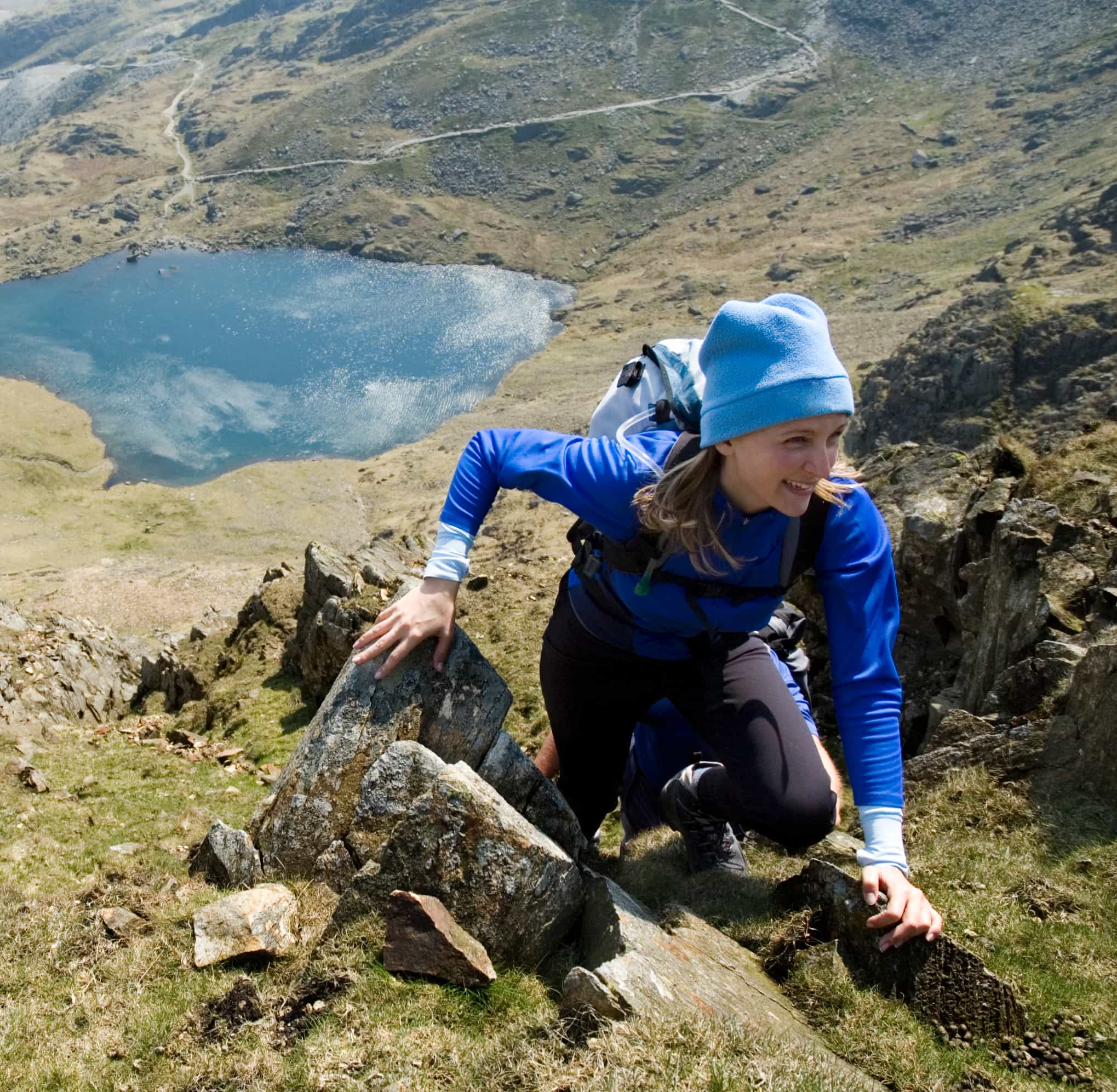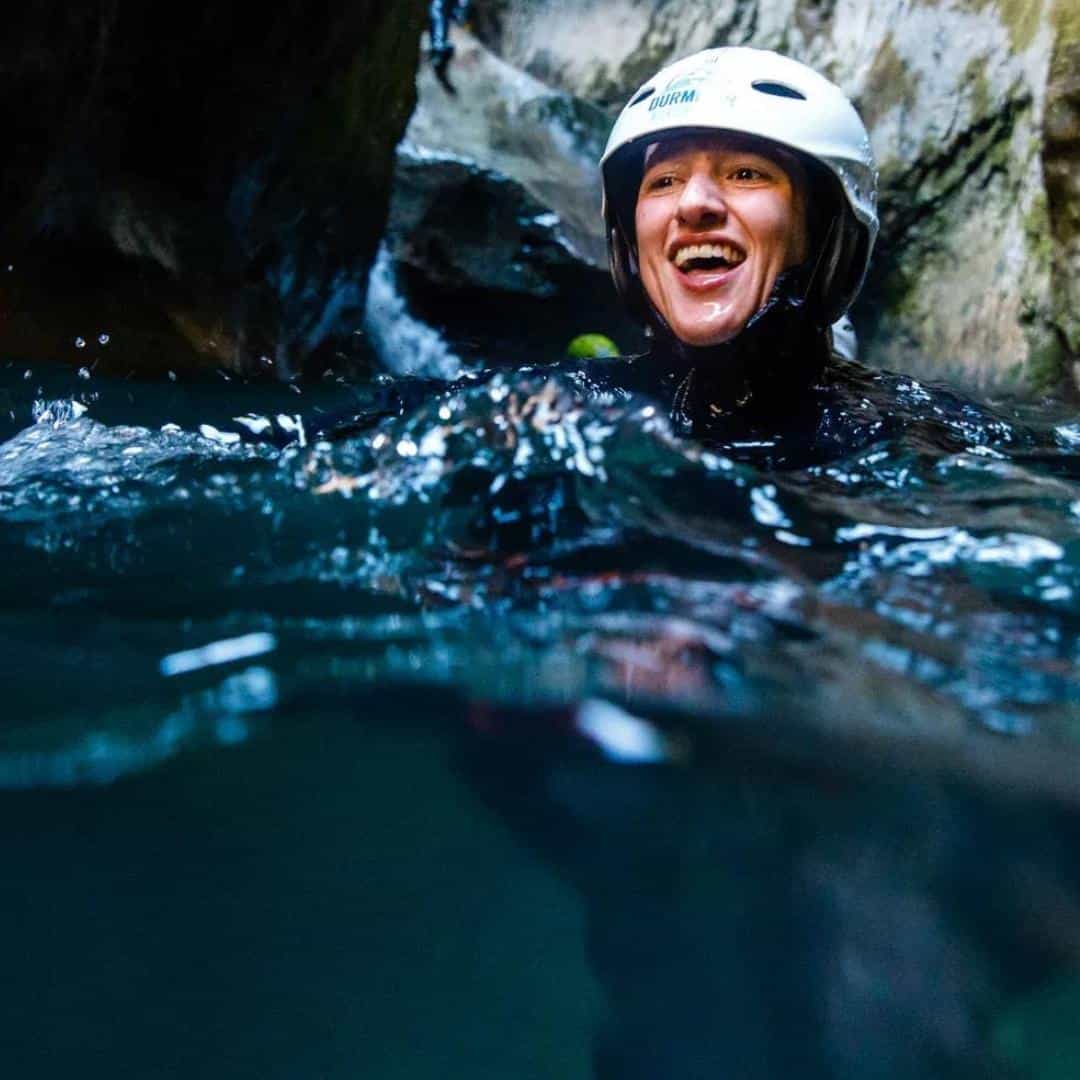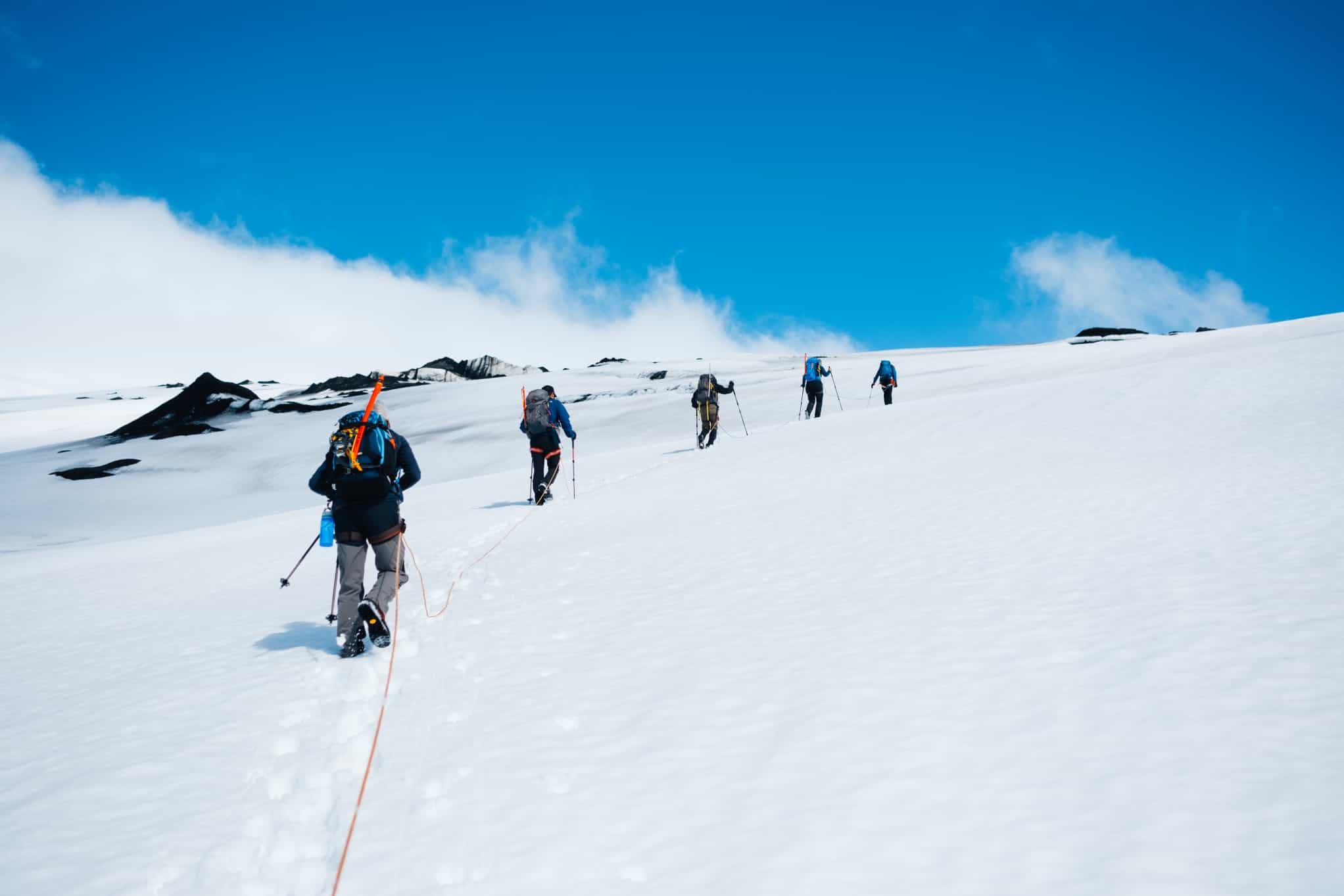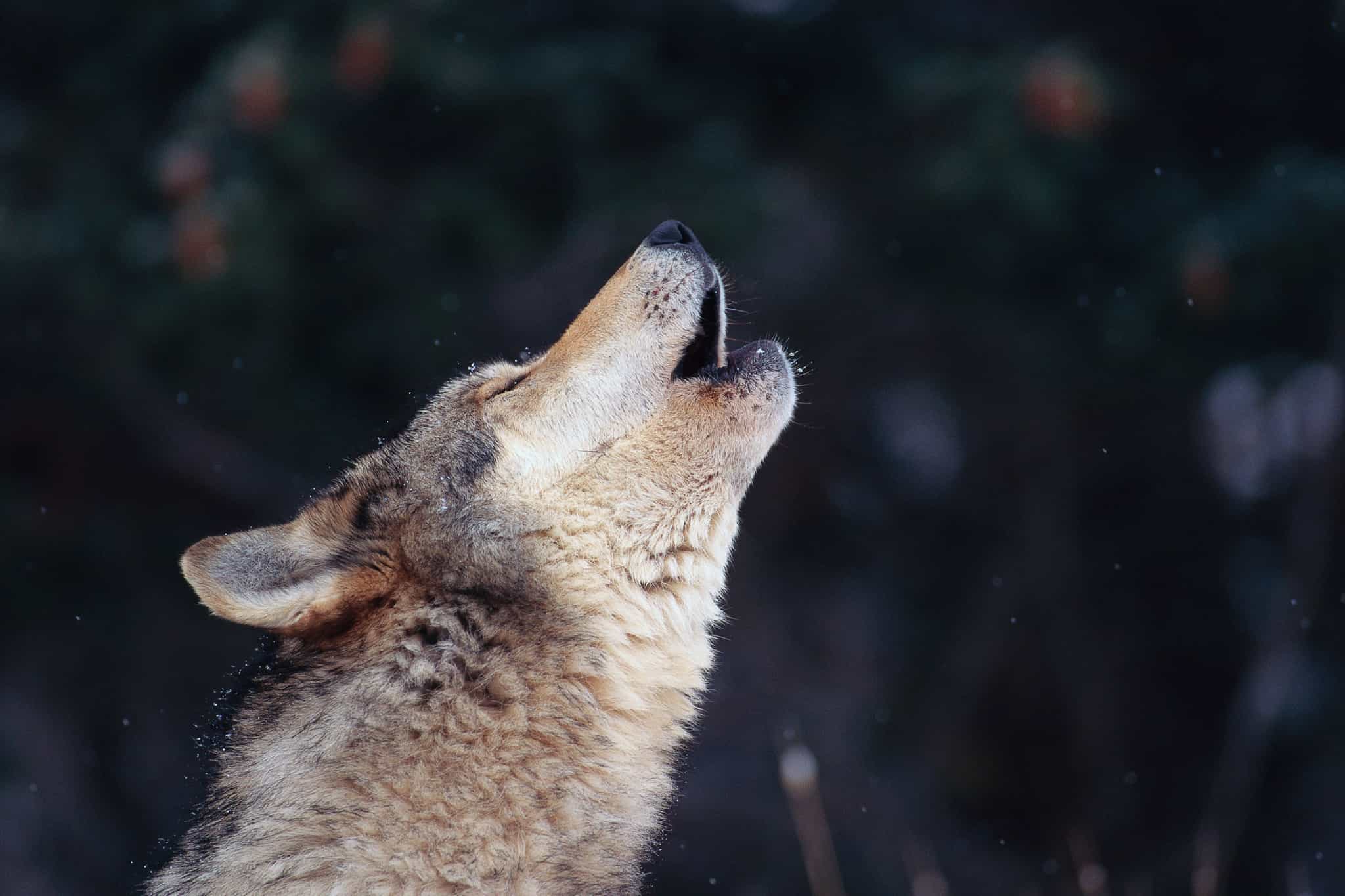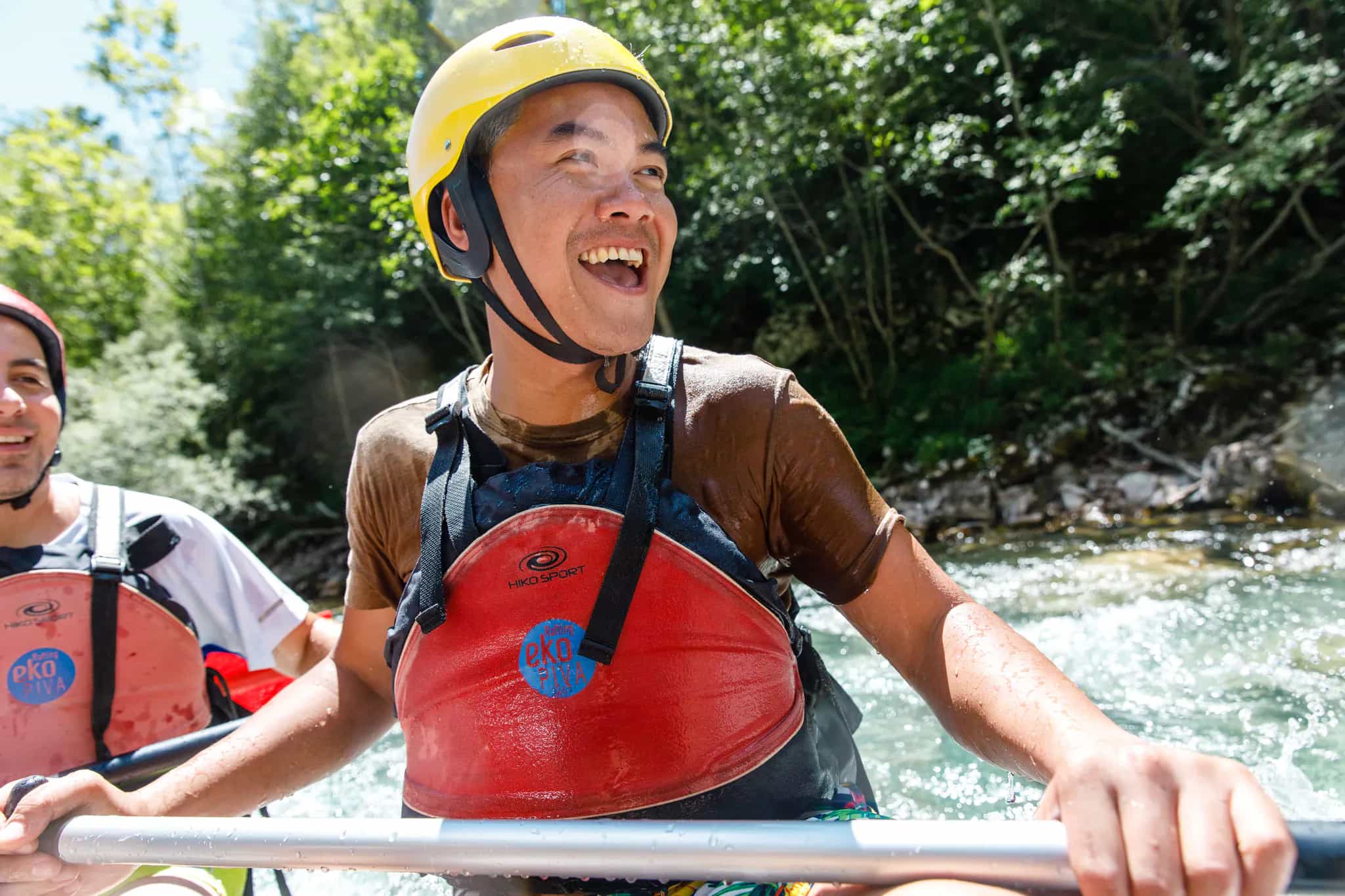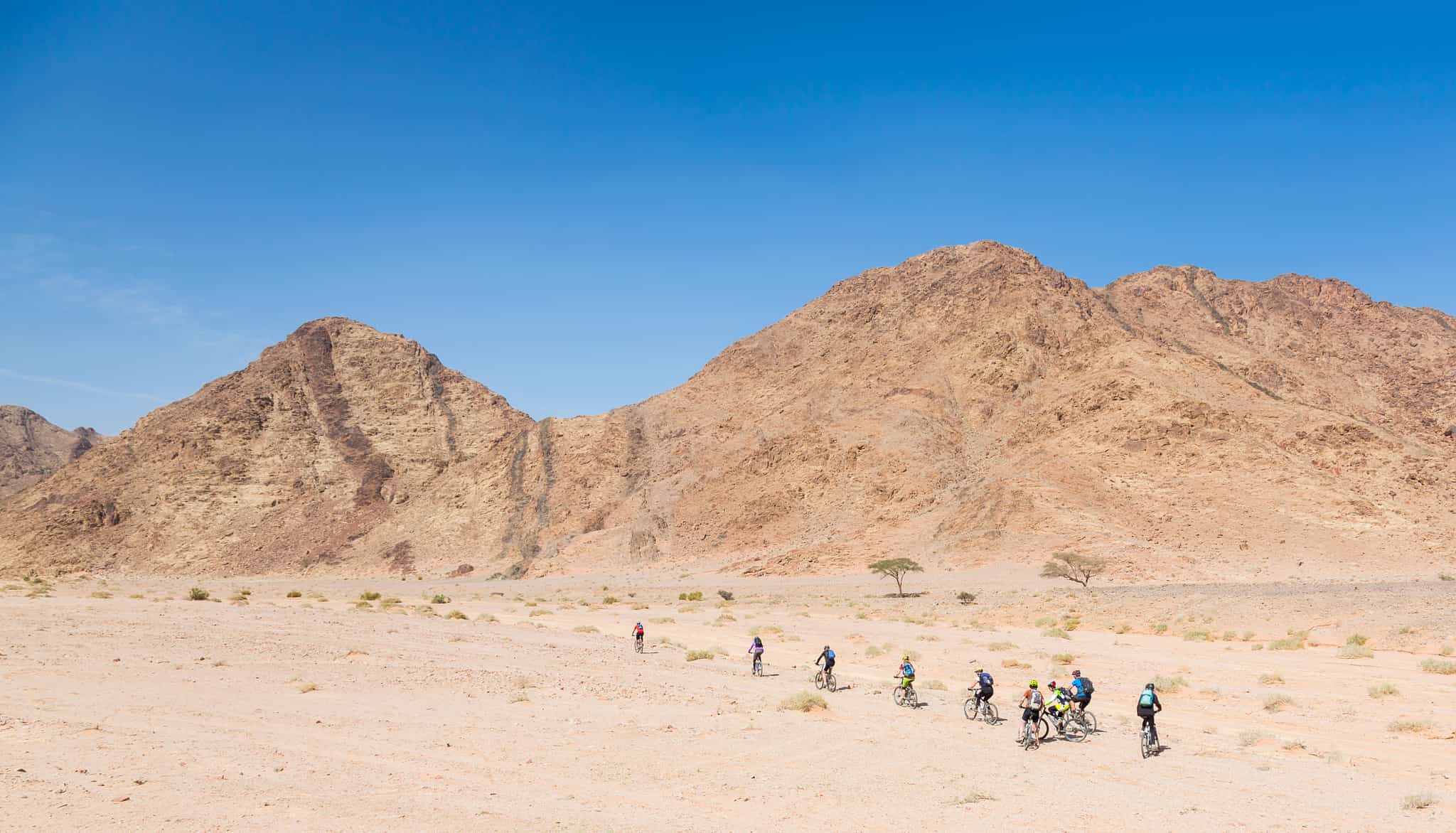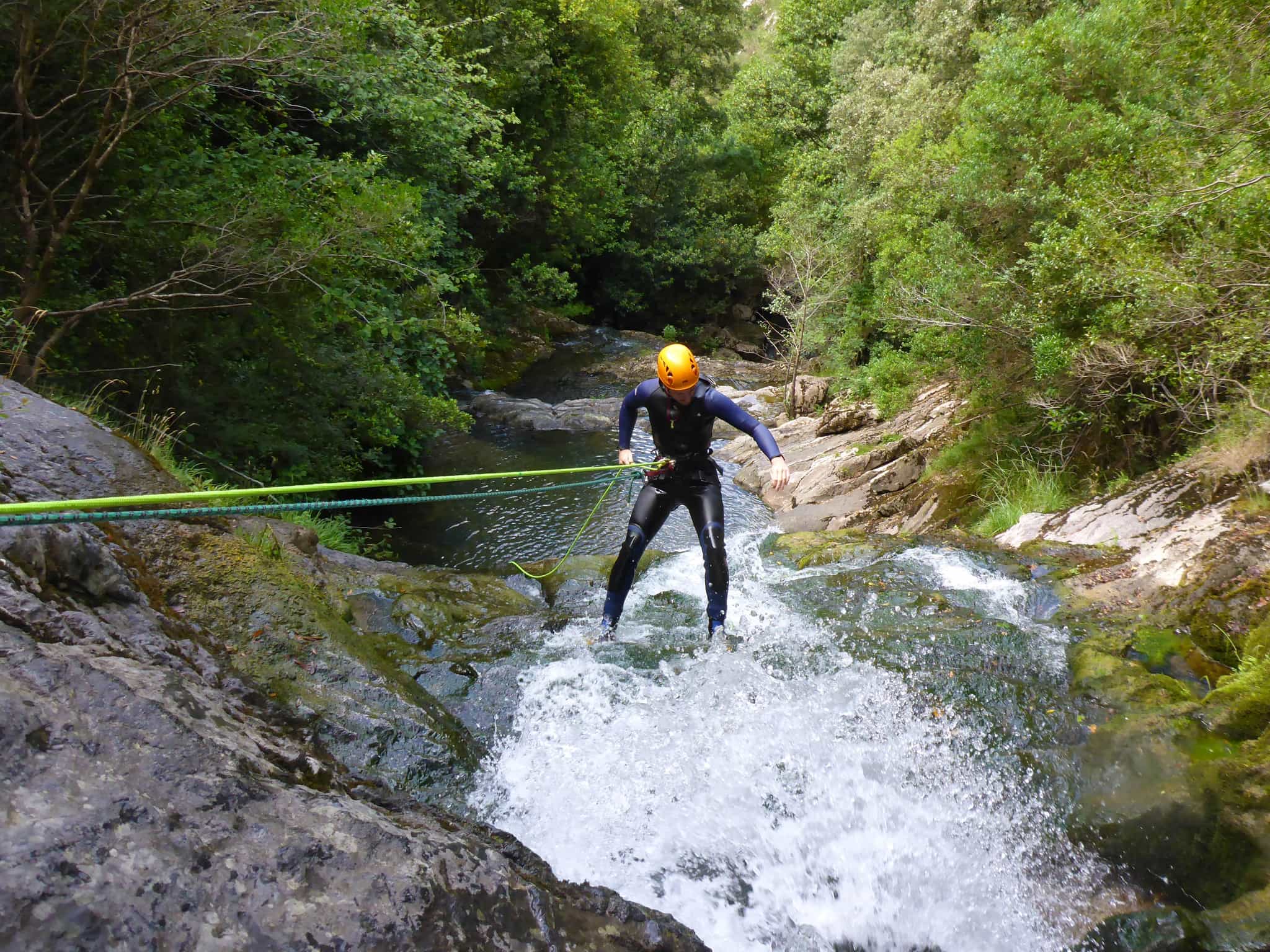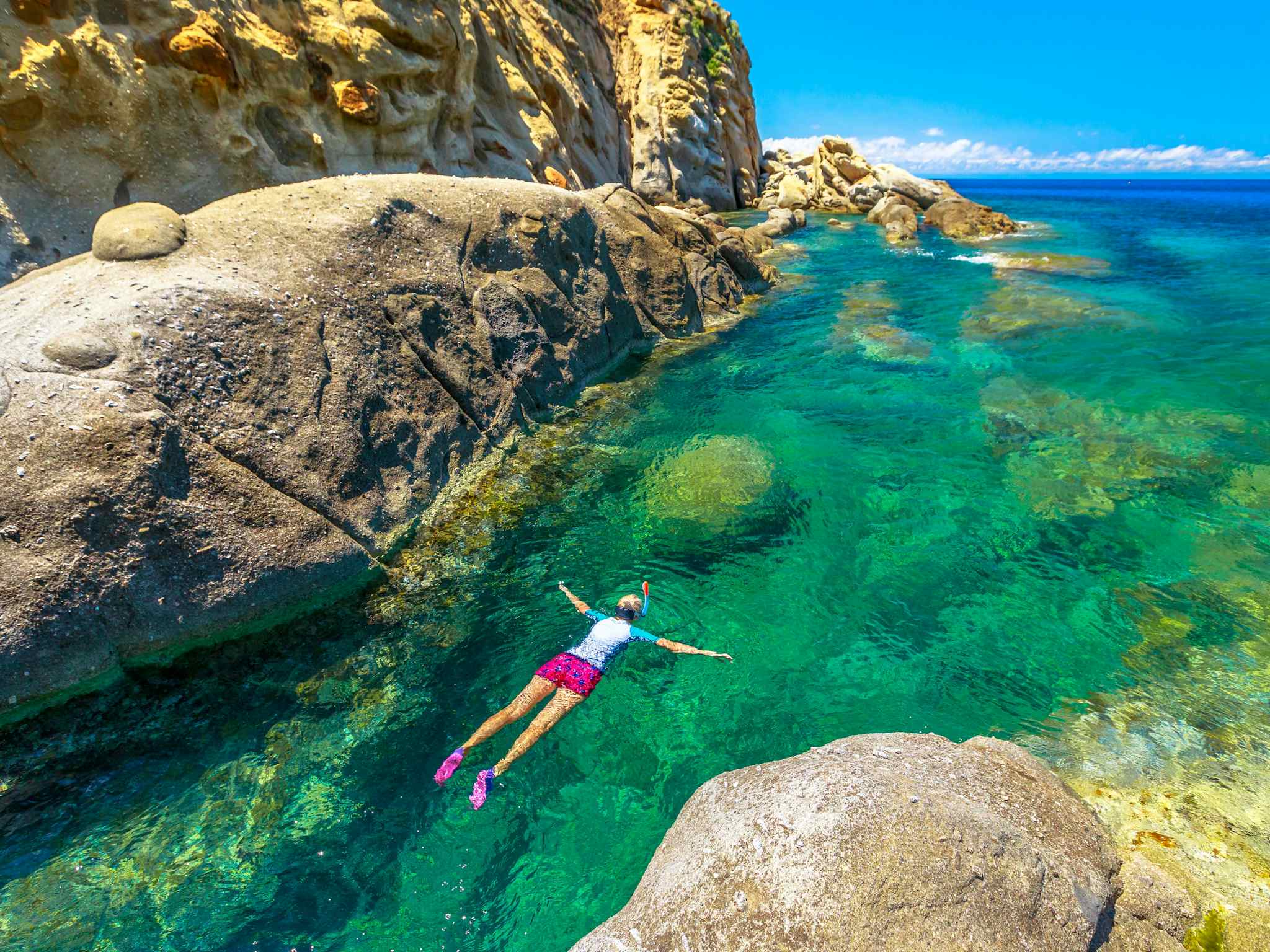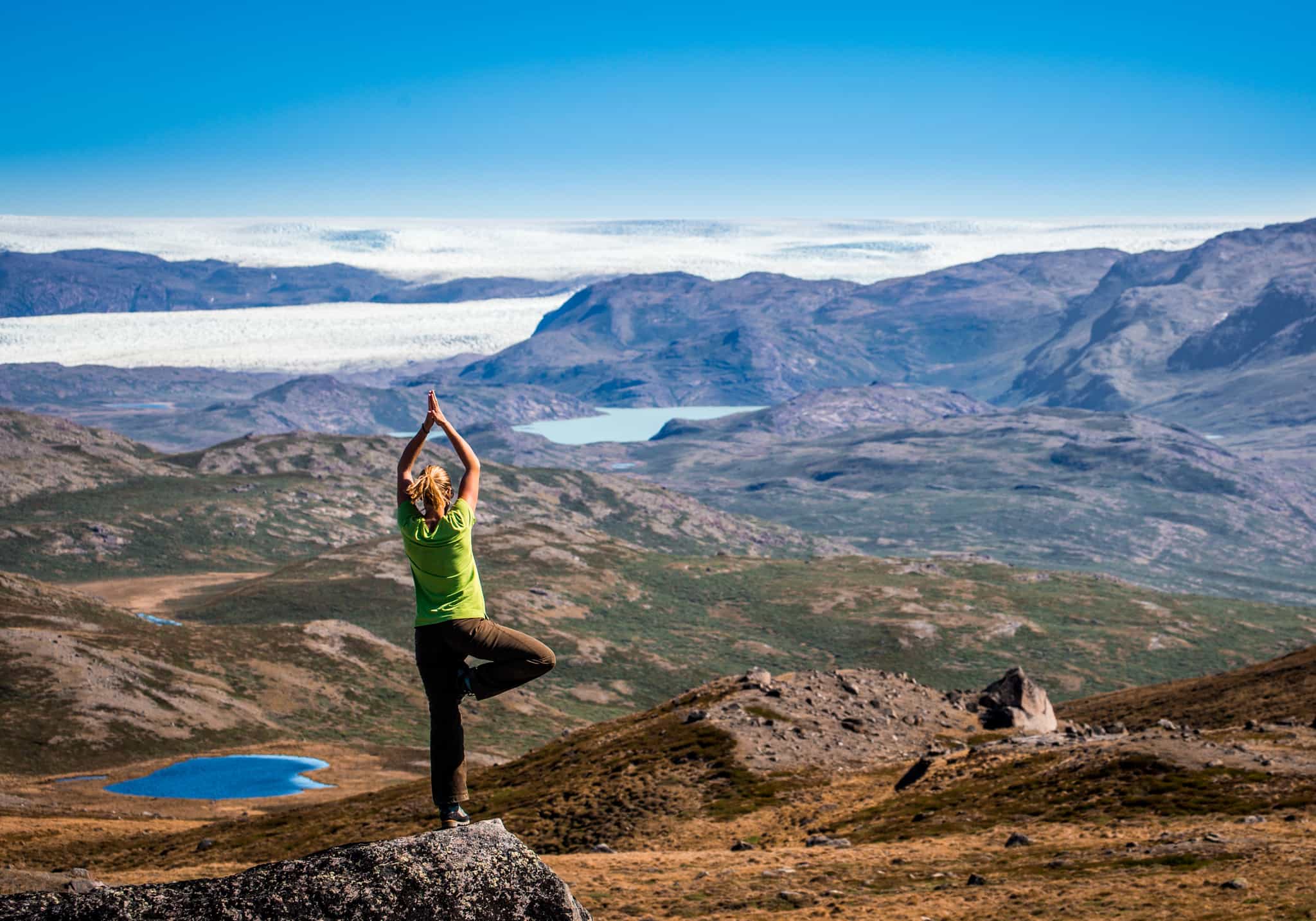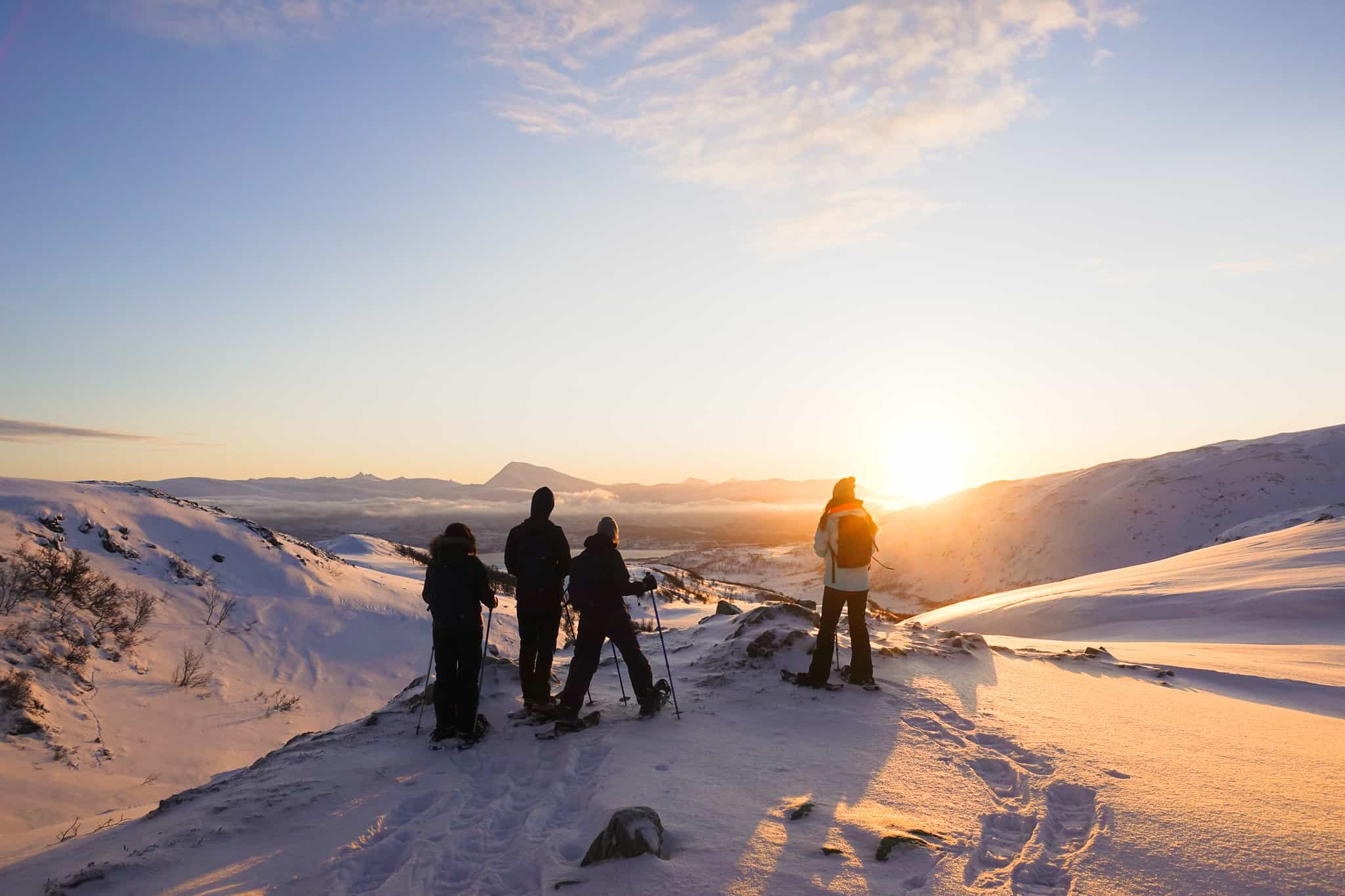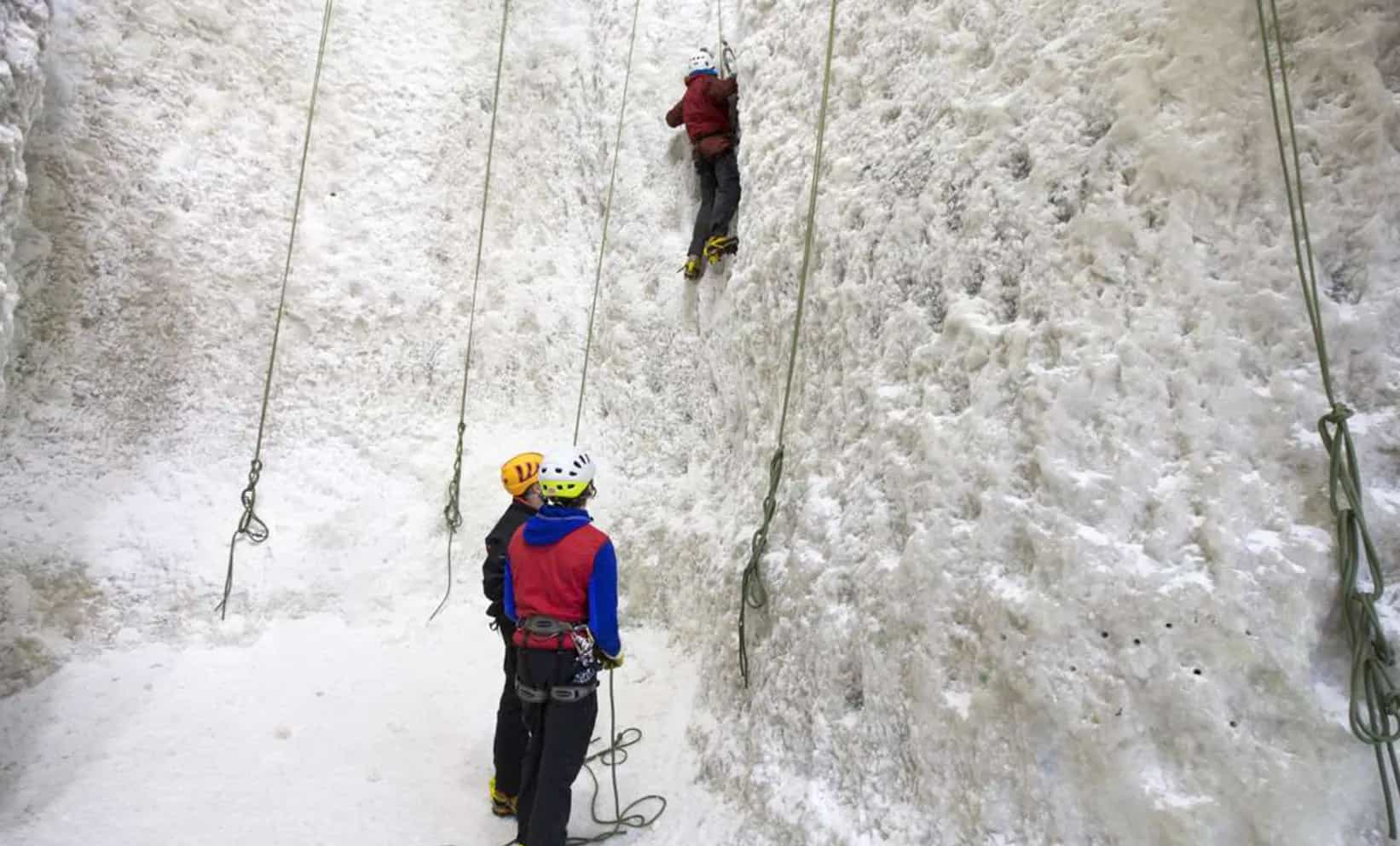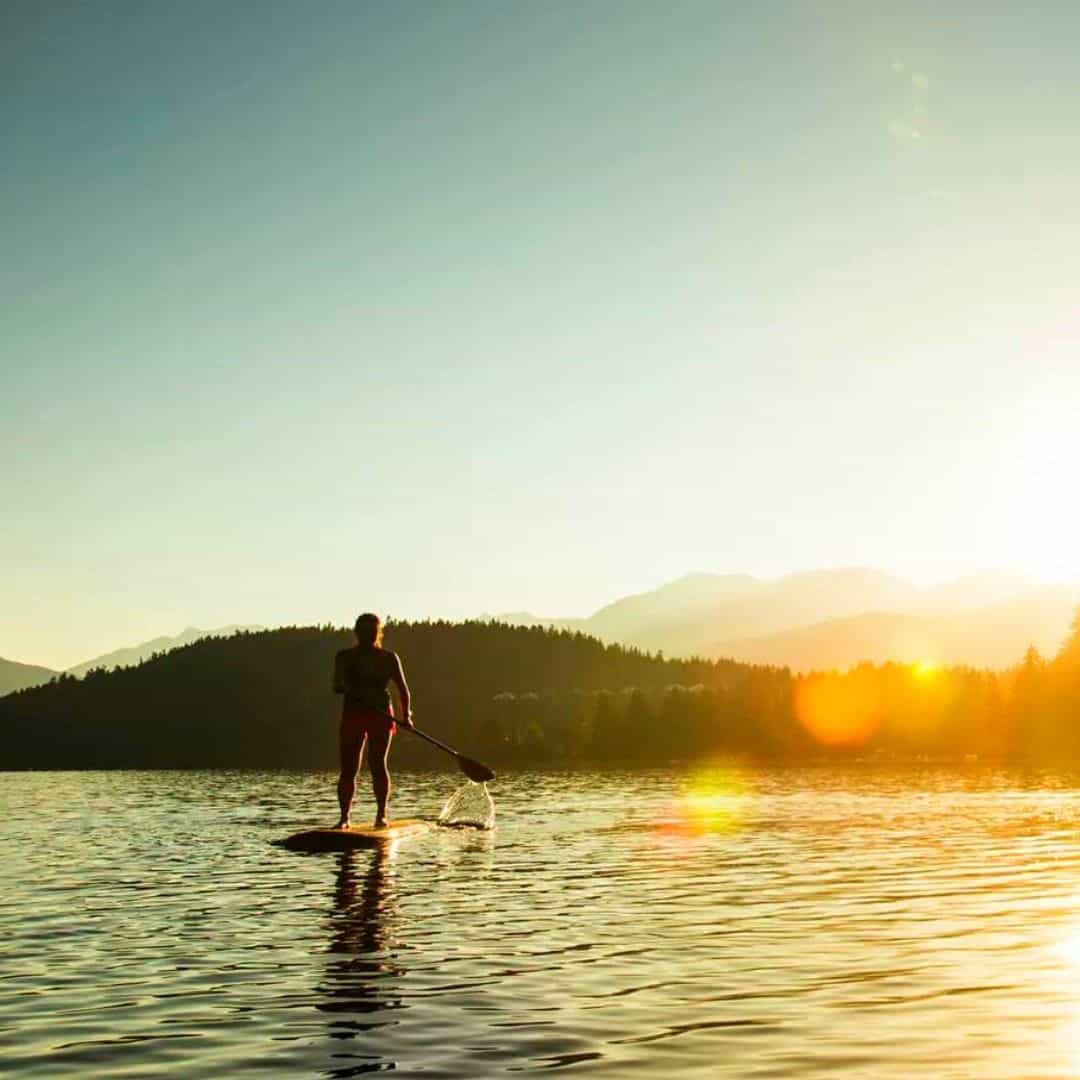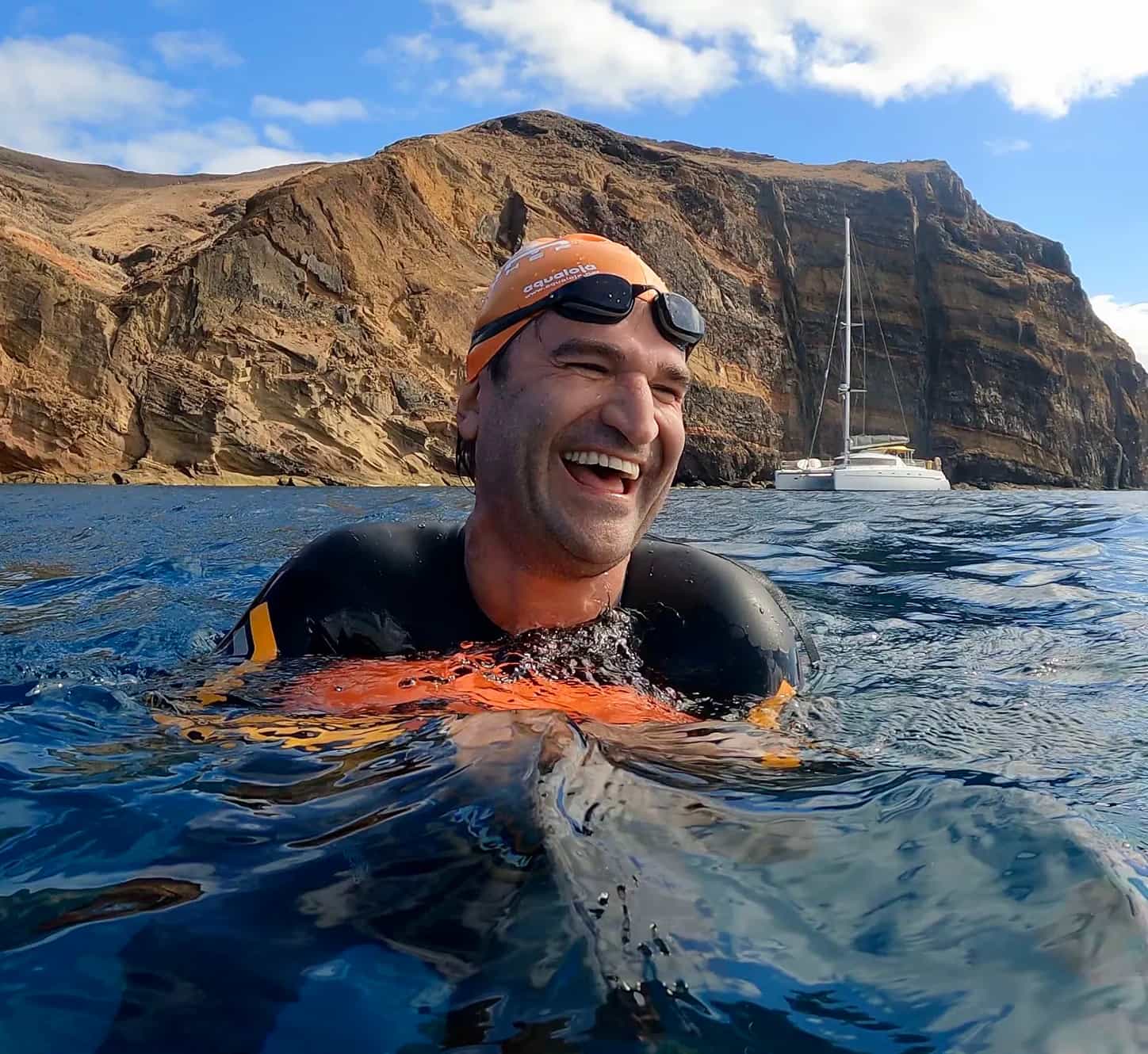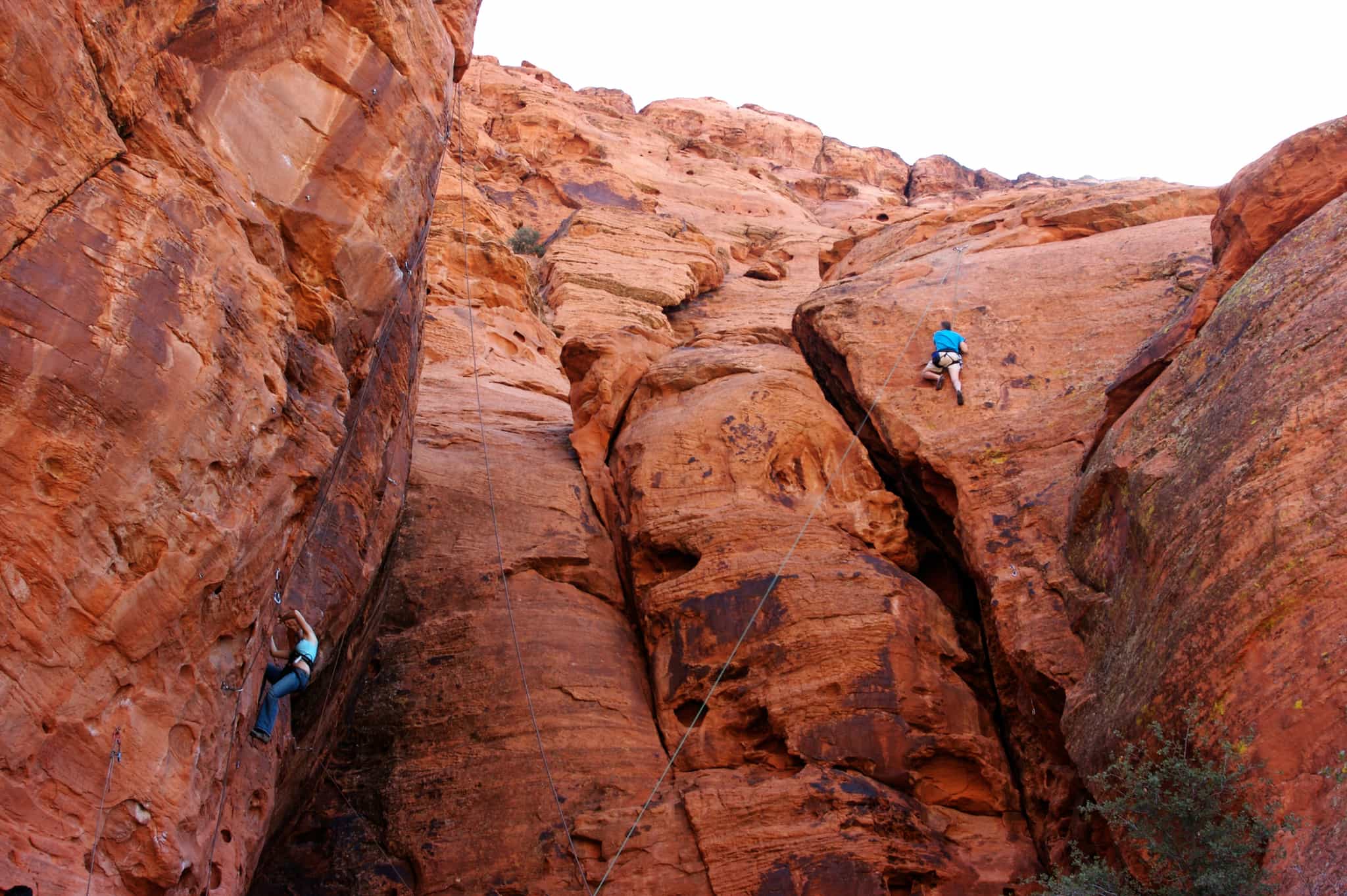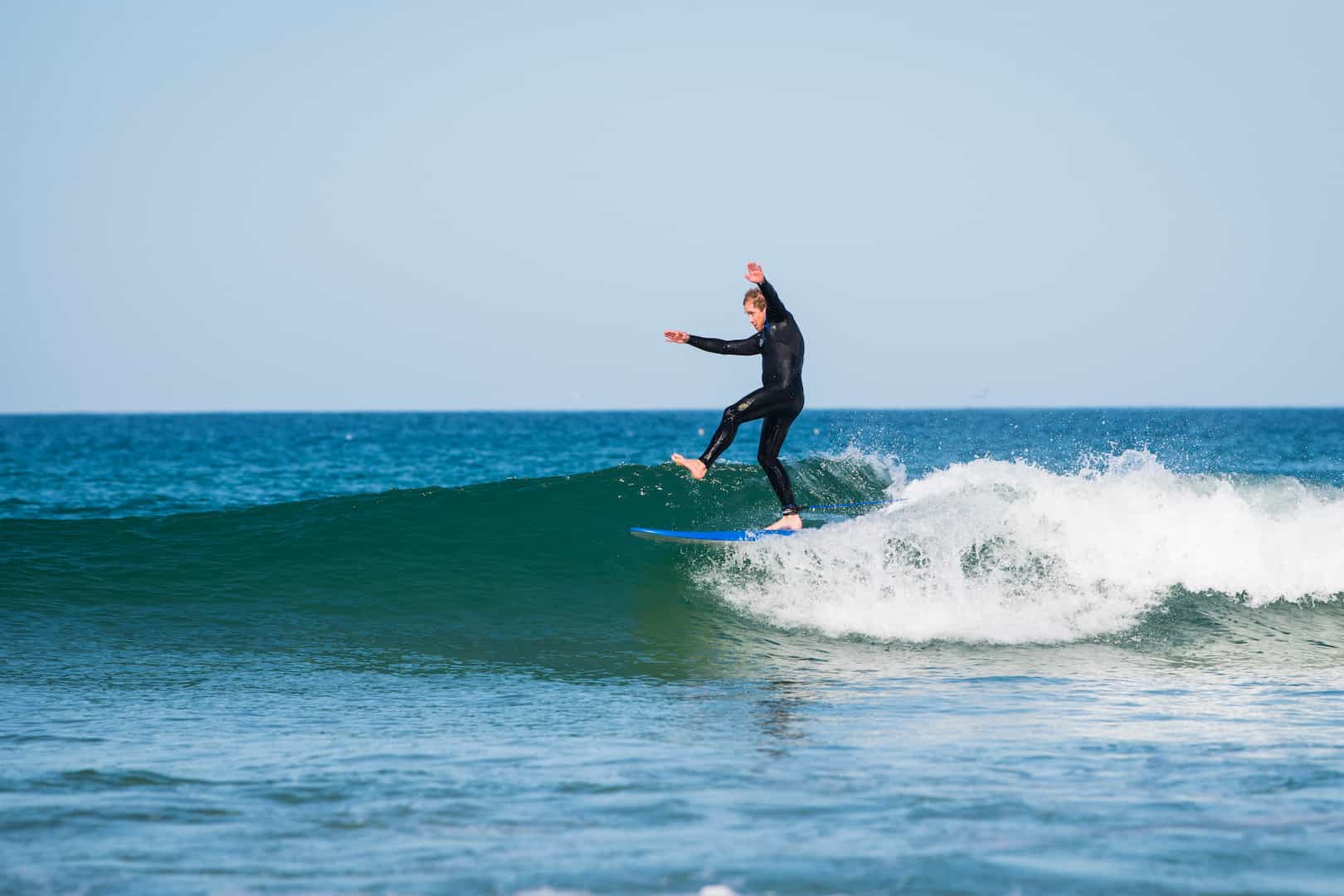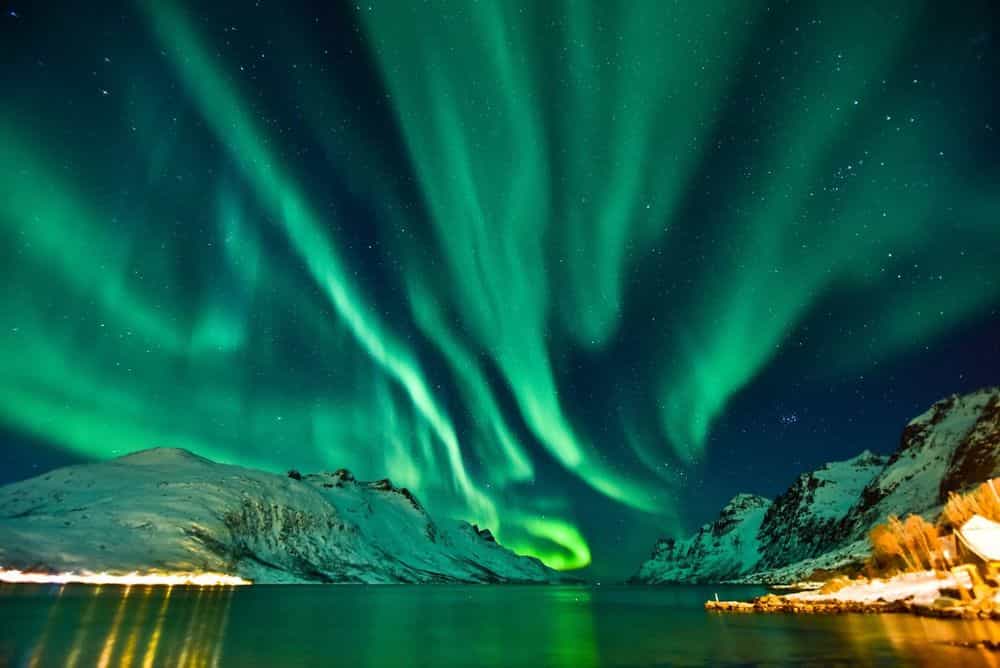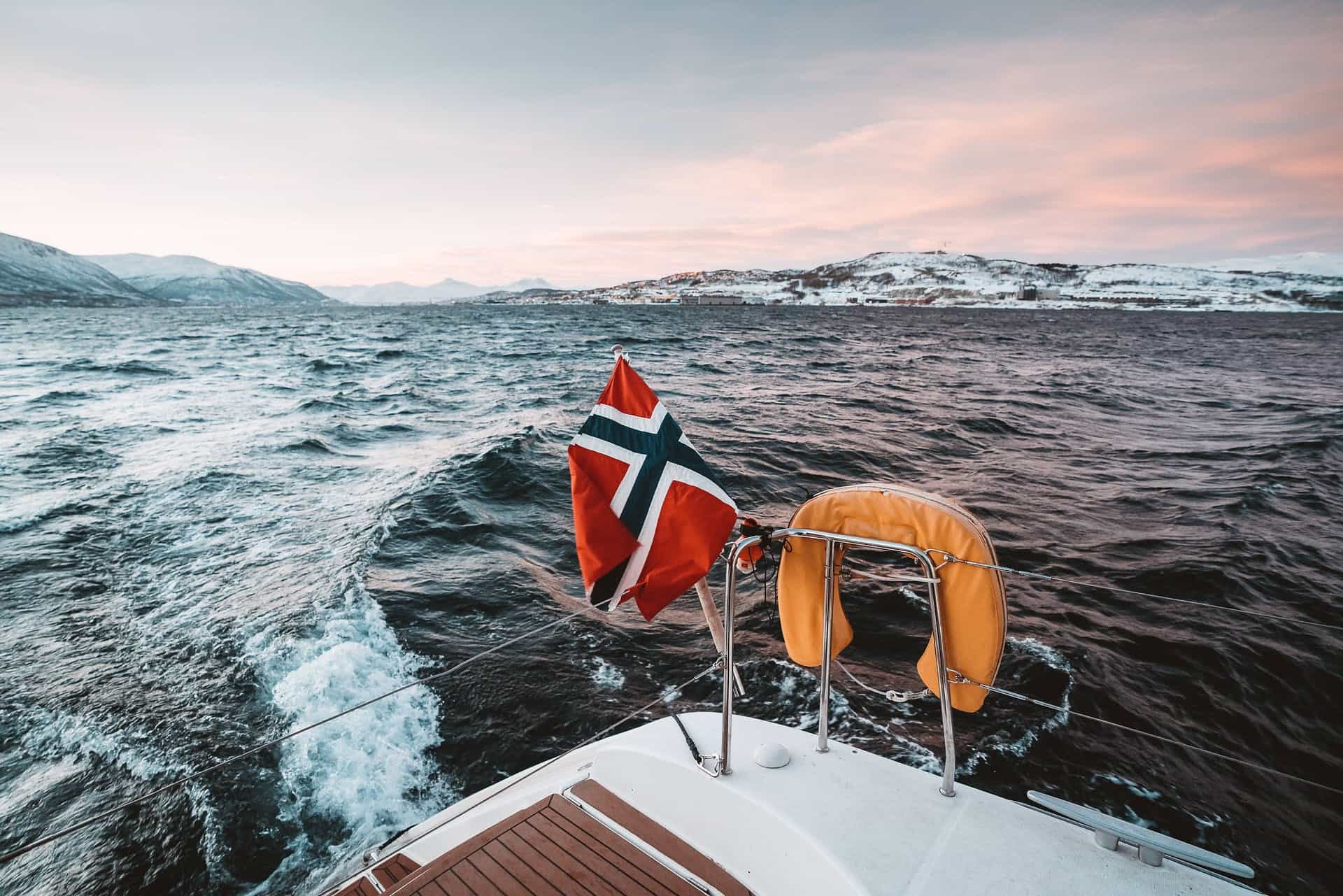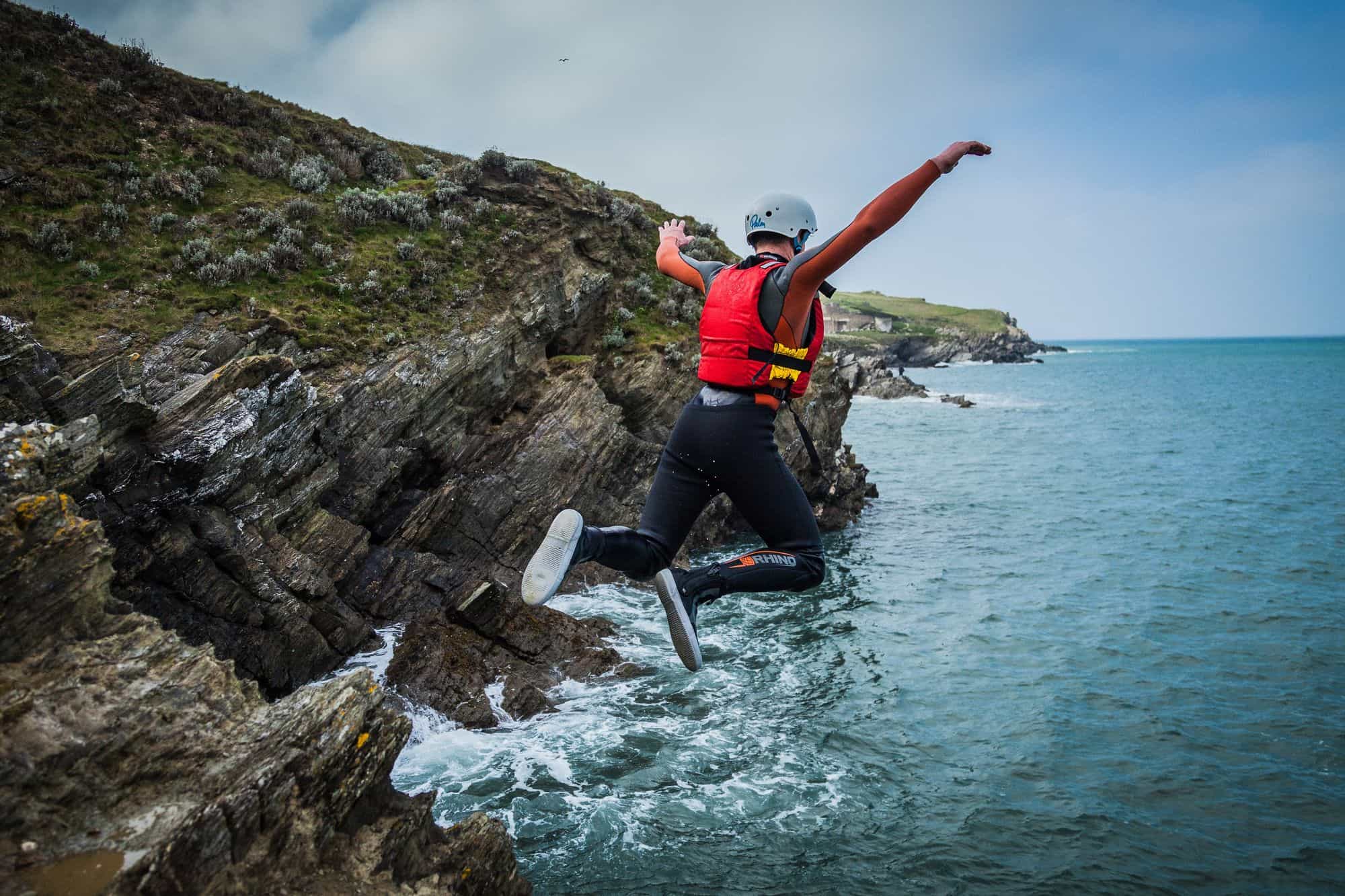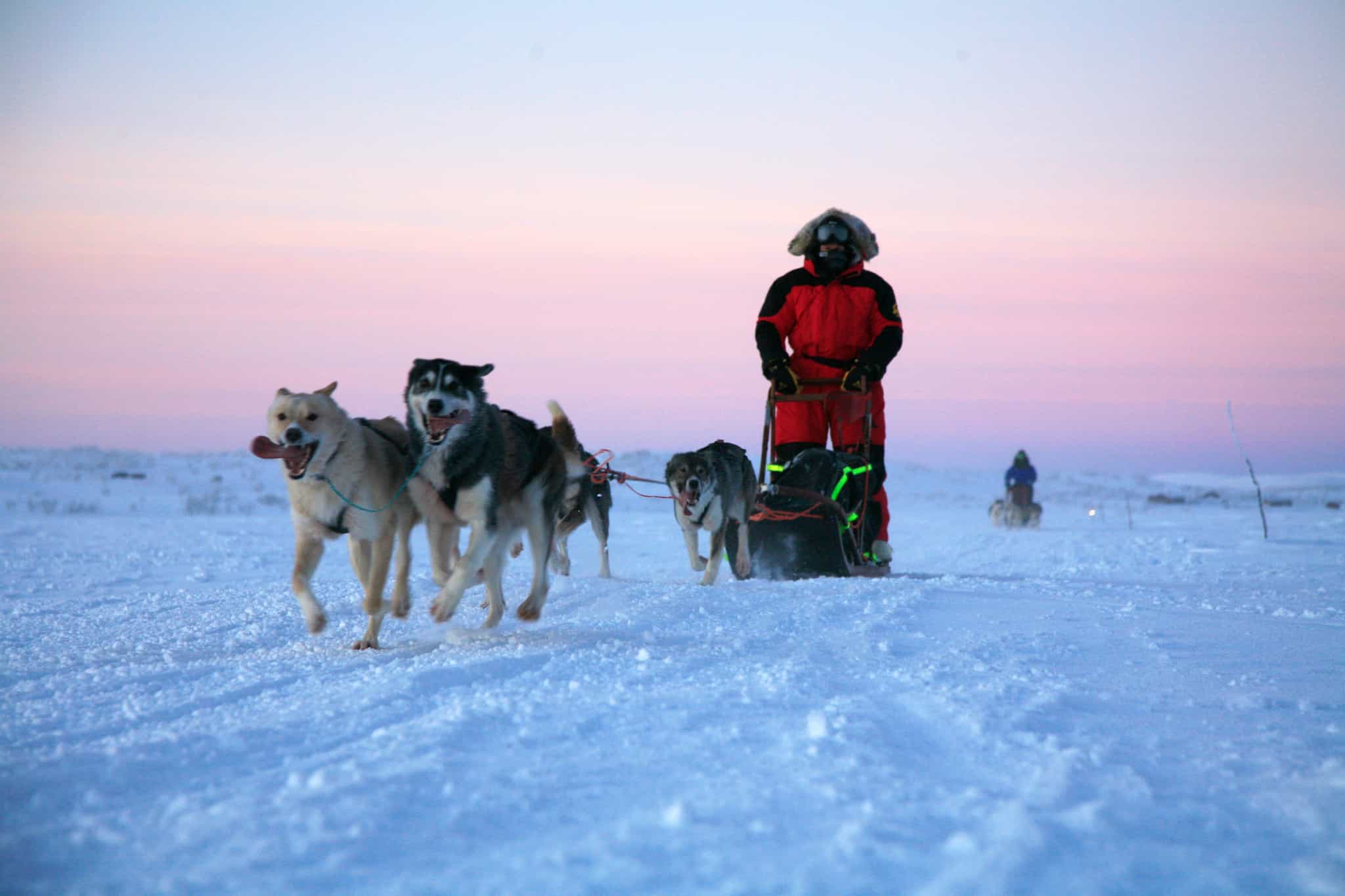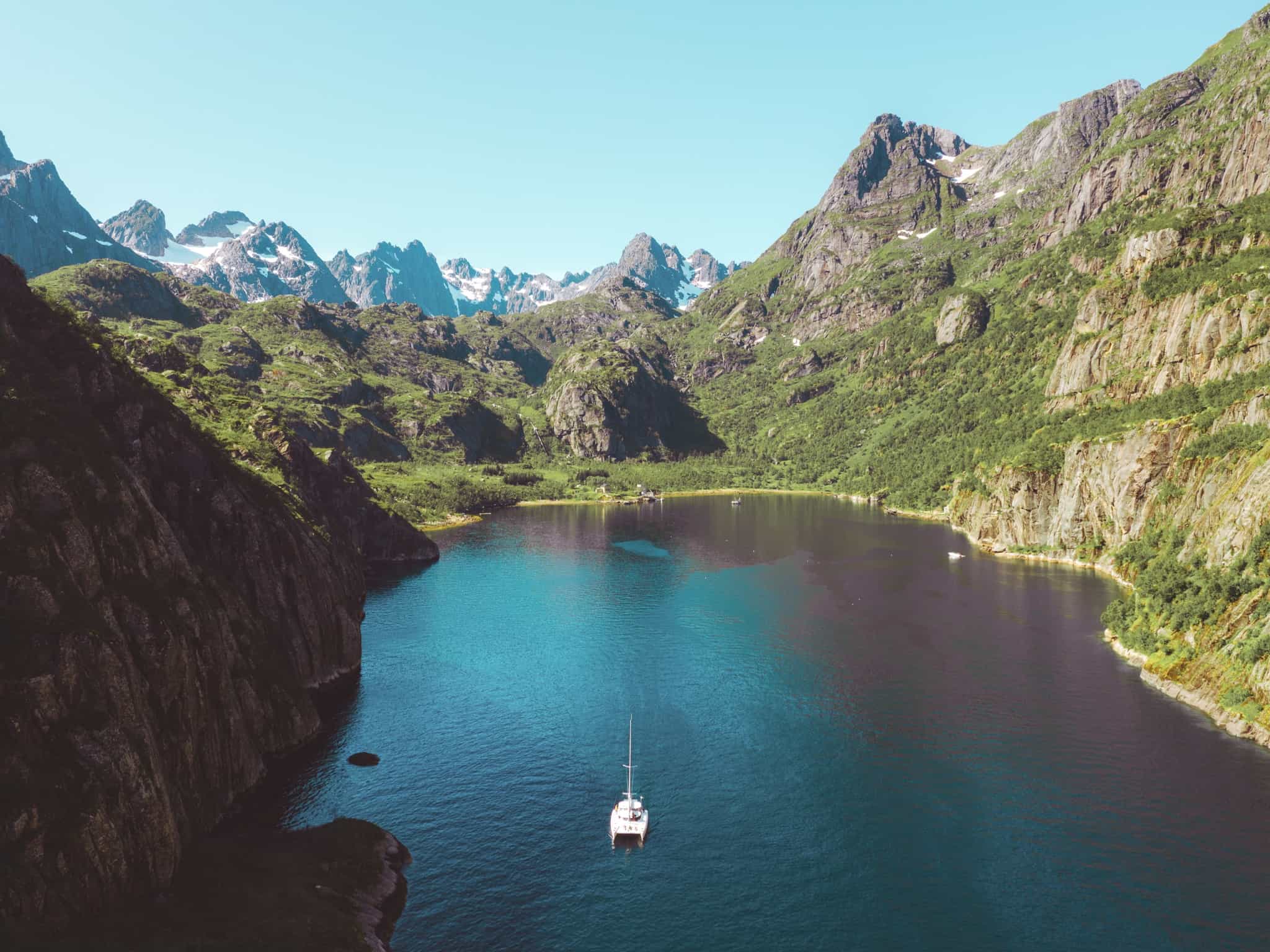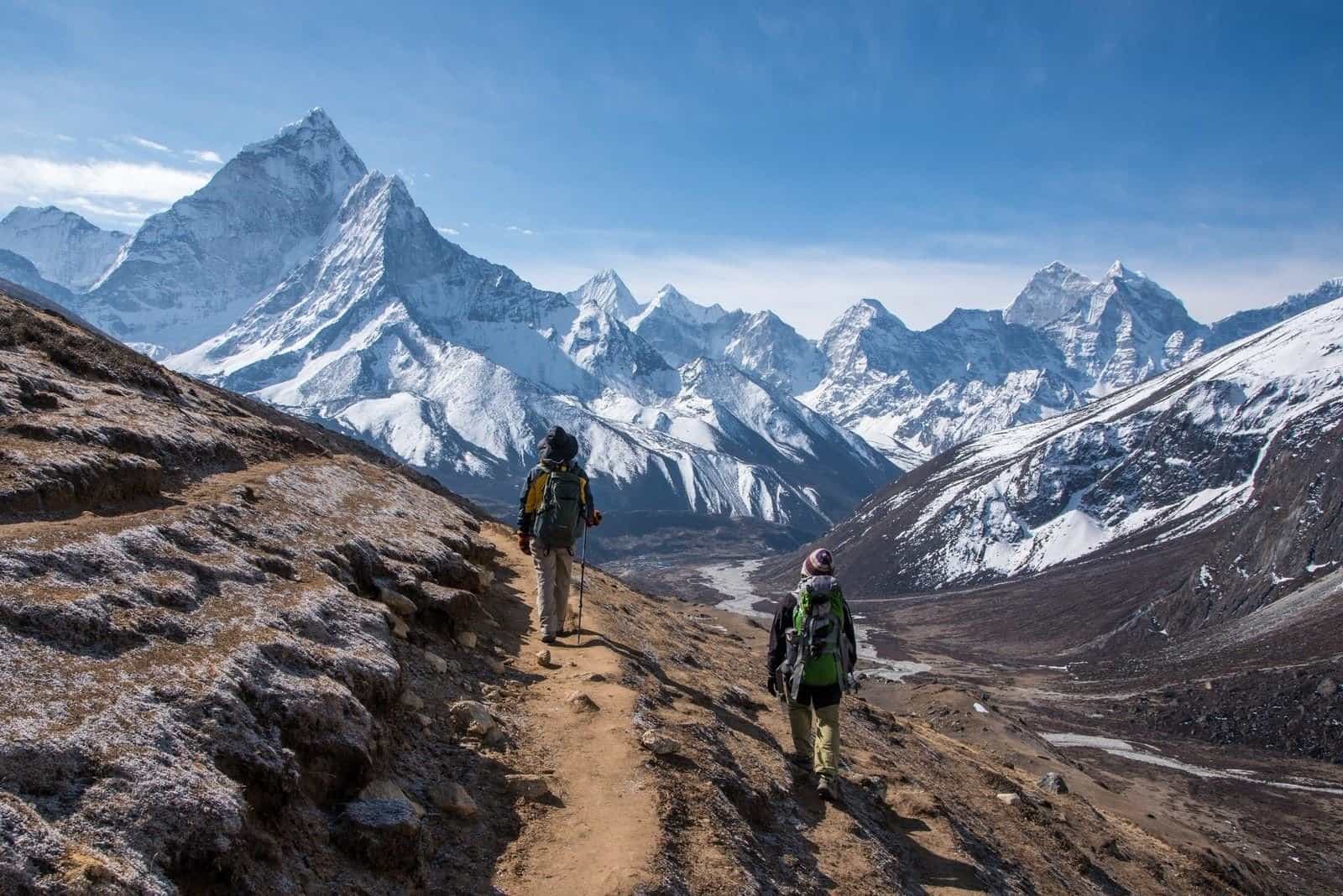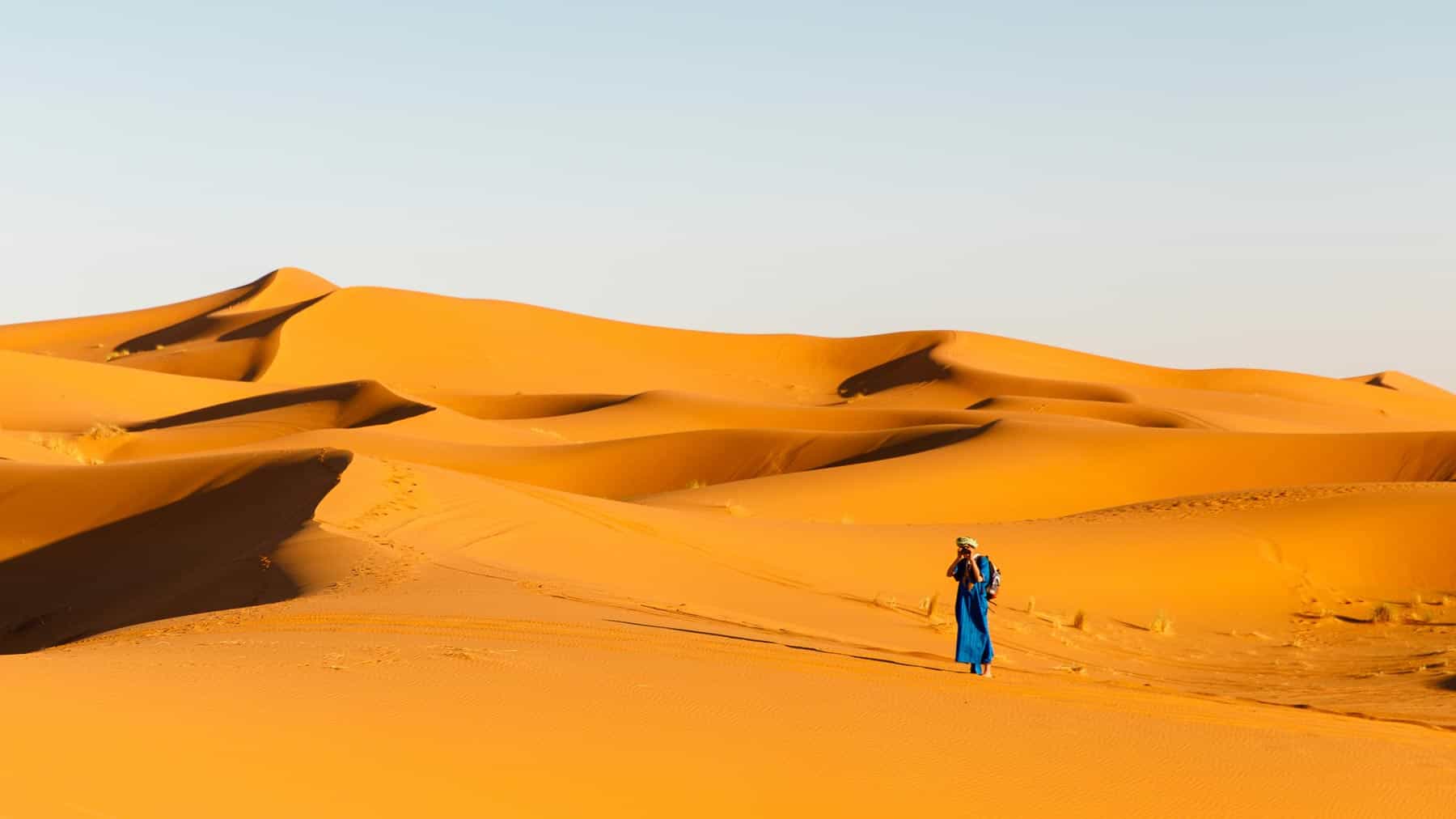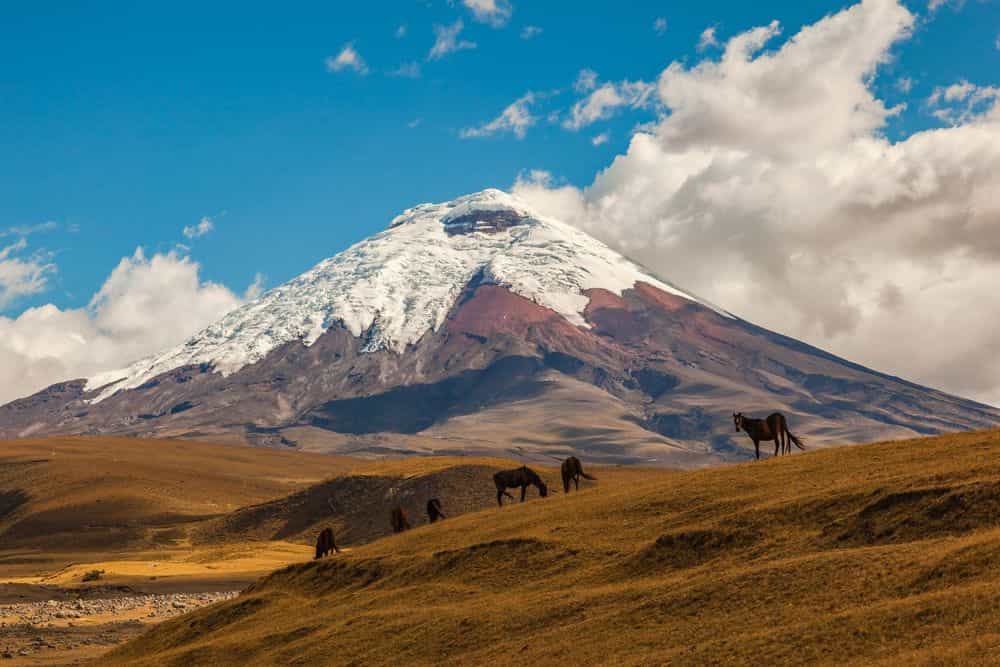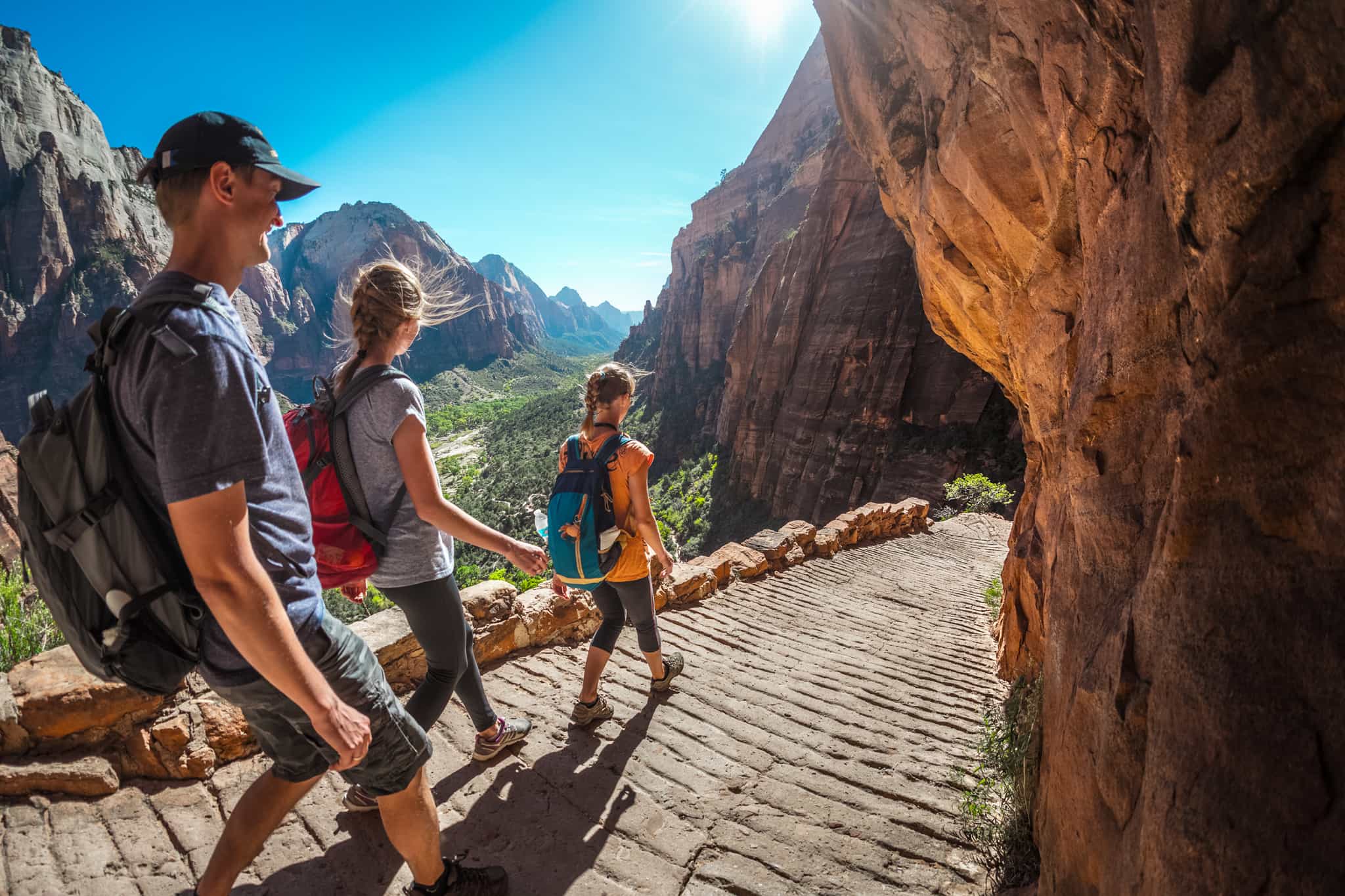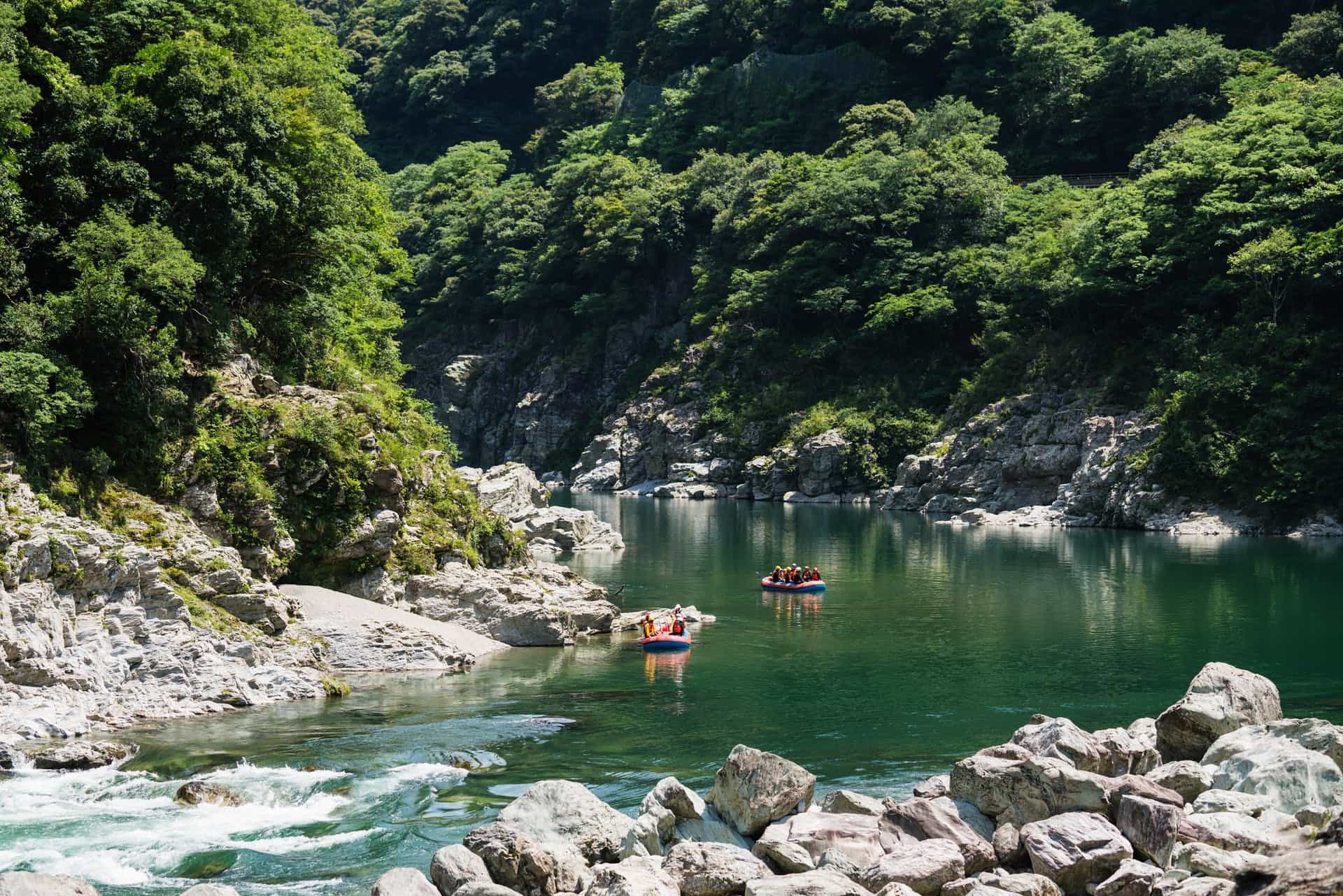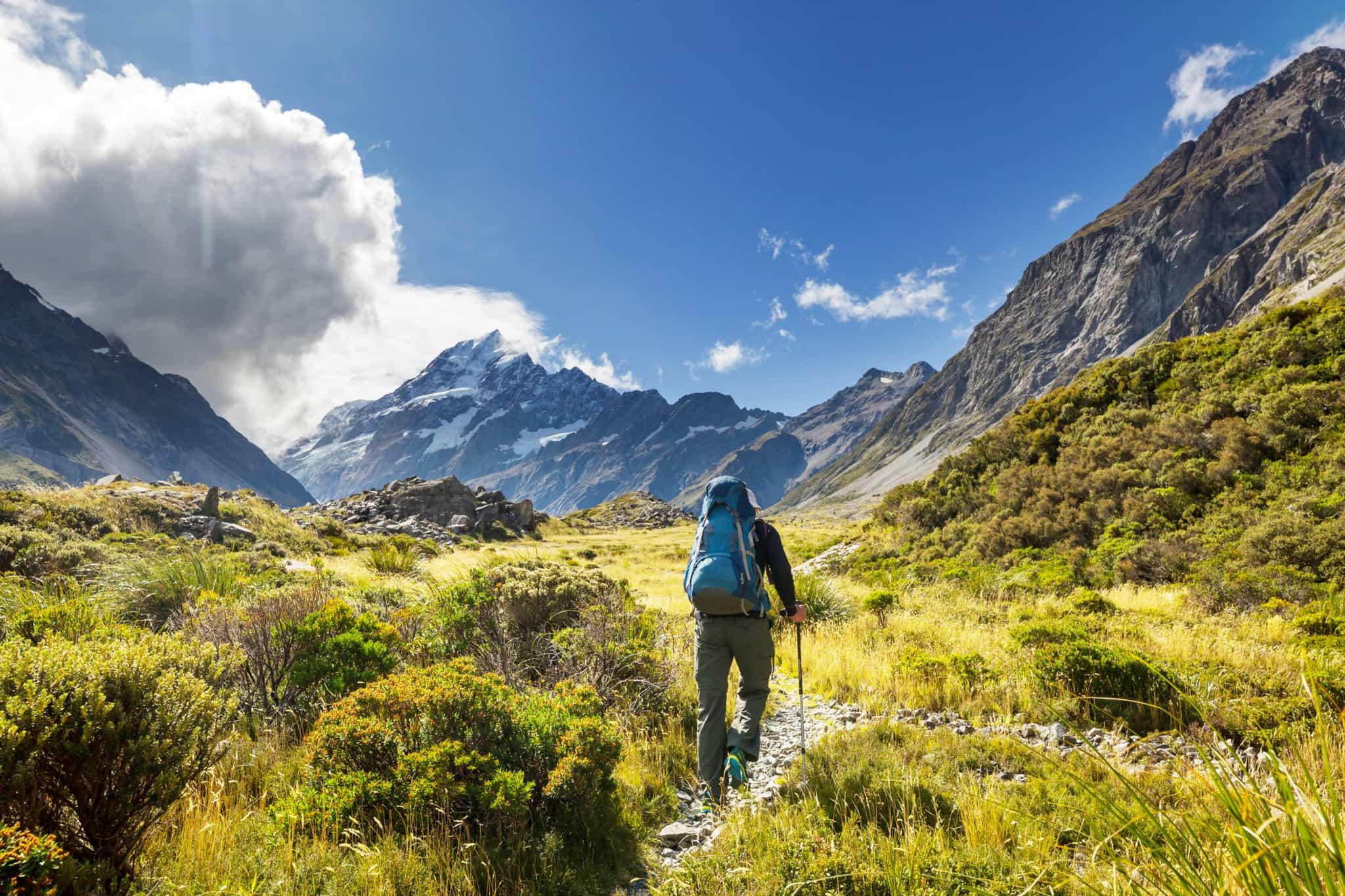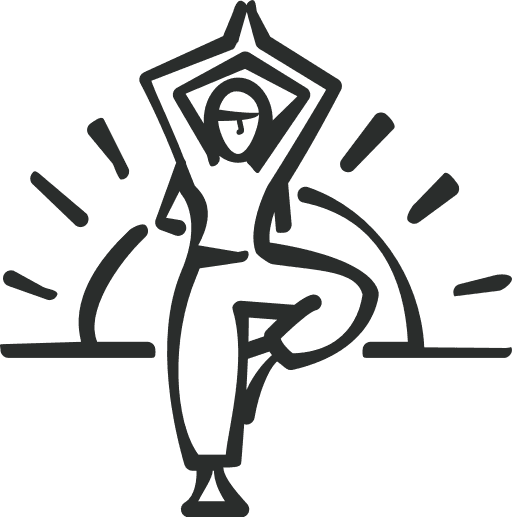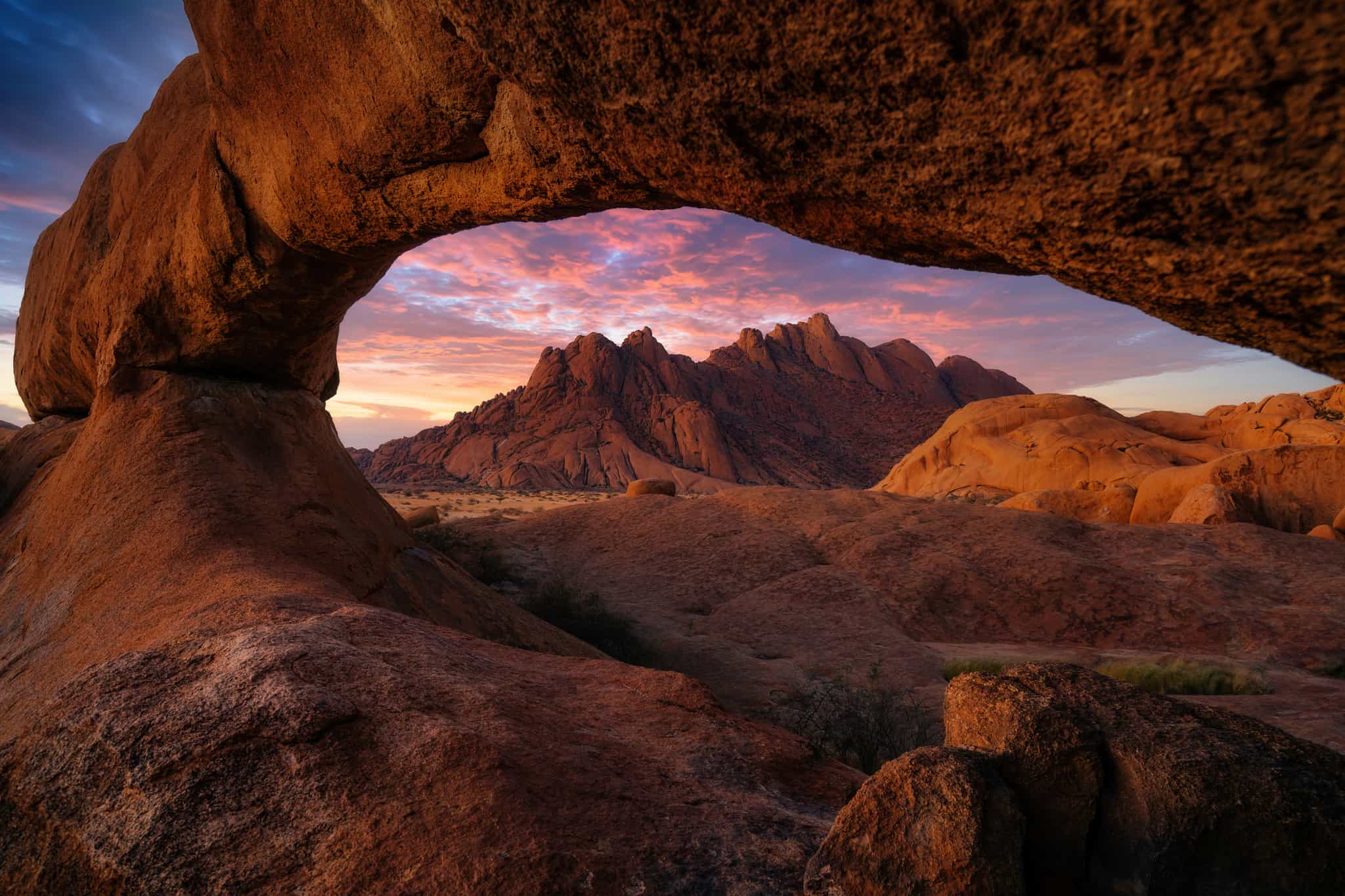
What's Included?
Activities & Certified Guides
All itinerary activities with expert, local, English-speaking guides, wildlife rangers and mokoro polersAll accommodation
3 nights in hotels, 8 nights camping, 2 nights at a wilderness safari campMeals
All your breakfasts, 3 lunches, 8 dinnersTransfers
Group airport transfers, as well as a desert truck to carry all your overnight kitEquipment & Permits
Tents and sleeping mats for camping, with permits and park entry fees taken care ofSmall Like-minded Groups
Solo-friendly by design, join our small n’ sociable groups of up to 12 like-minded, active and outdoorsy people…
…
What's it like?






















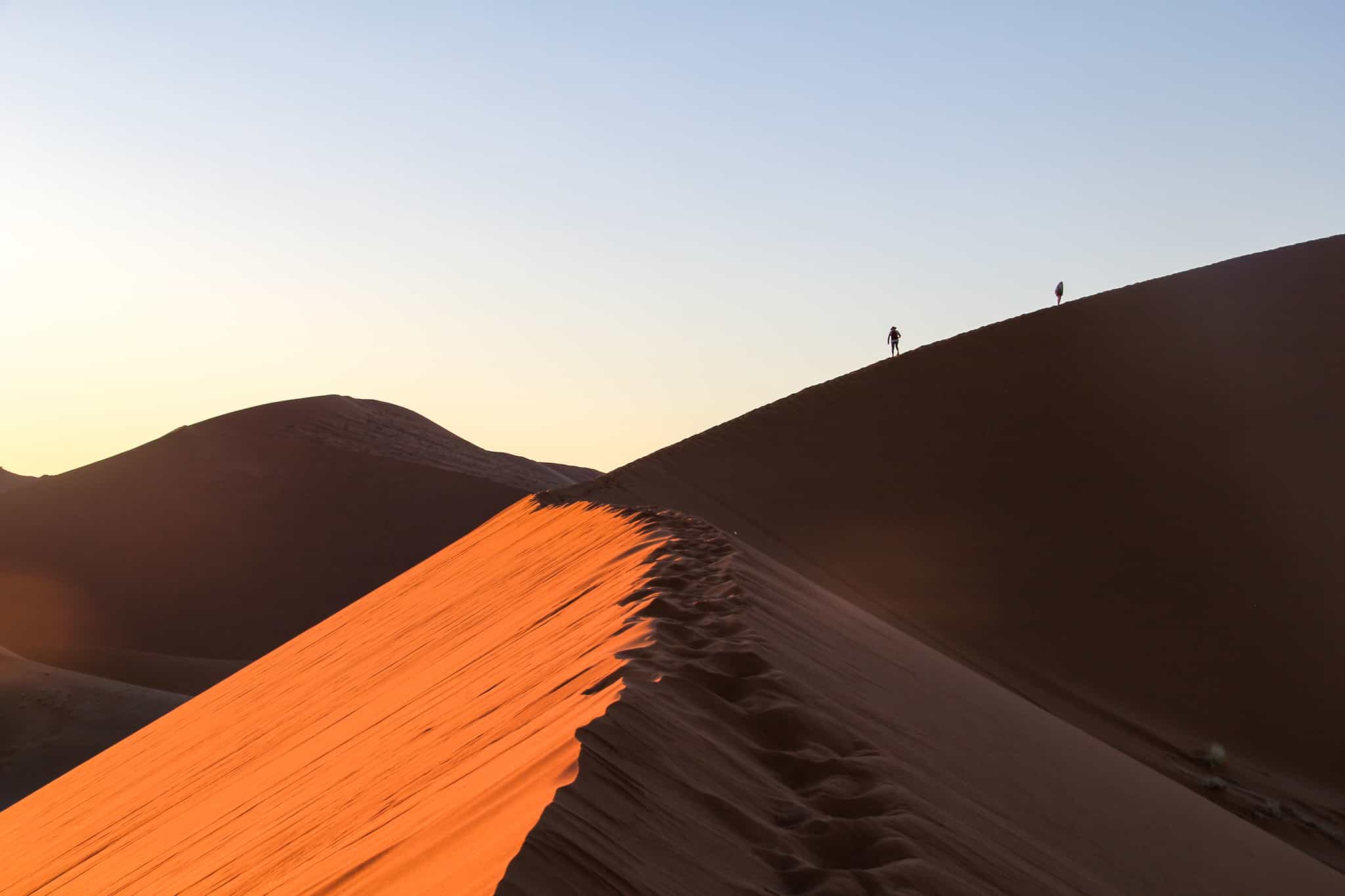


Hike through narrow gorges, roam enormous dunes in the Namib Desert and stomp around the stunning Spitzkoppe Mountains, camping beneath the starriest skies imaginable
Head into Etosha National Park to track elephants, rhinos, lions, hyenas and more, with magical evenings at waterholes watching the nocturnal antics of Africa's lead characters
Journey deep into Botswana's Okavango Delta, camp on an island in the wilderness and embark on epic bushwalks for a total immersion in untamed Africa
Not enough time for both countries? Check out our much-loved Hike, Safari and Stargaze in Namibia trip or our deep-dive adventure into Botswana and Victoria Falls
Key Information
Day 1
Welcome to Namibia!

Touch down at Windhoek Airport, meet your host and transfer to your hotel in central Windhoek. Depending on your arrival time you may have a chance to explore the local area, or if you'd rather relax, the hotel has its own pool. Join your group and guide later for dinner and a chat through the epic adventure ahead.
Day 2
Windhoek to Naukluft

Driving
Hiking
Hop into a desert truck heading for the Namib-Naukluft National Park. Get your first glimpses of Namibia's famous expansive desert landscapes as you head for the southwest part of Naukluft in the granite hills. Arriving after lunch, settle into your desert camp before heading out for a warm-up hike to get the legs moving. Tonight, enjoy a campfire dinner – your first of many! – and some desert stargazing.
Day 3
Hiking on the Olive Trail

Hiking
Driving
Tackle a spectacular day hike today on the Olive Trail, meandering through a diverse range of landscapes and habitats, from riverbank to canyon, plateau to rocky ridge. Hike alongside the Naukluft River, past a series of pools that make for a quick dip (depending on the season). The trail climbs steeply to a 1910m ridge, the highest point on the hike, giving you incredible desert views. More small pools and an impressive waterfall dot the path to the finish line. There is an 8-10 metre fixed-chain section to traverse on this hike; your guide will show you the way, navigating large boulders on your descent into the valley. Finish up an epic day with a drive through stunning mountain scenery to your next camp at Sesriem, surrounded by enormous red sand dunes and with an inviting pool to cool off in.
Day 4
Hike the highest sand dunes in the world

Hiking
Driving
Start early today as you hop in the desert truck for a pre-dawn ride to the Sossusvlei area of the National Park. The campsite you spent the night in is inside the park gates, giving you a head start and allowing you to reach the dunes before sunrise. You'll hike up the iconic Dune 45, reaching a ridge looking over the desert valley as the sun breaks over the horizon, creating an otherworldly canvas of colours and shadows. Walk, run or roll back down the huge wall of sand, tucking into breakfast and coffee at the foot of the dunes before heading deeper into the park, exploring among the acacia trees and ever-shifting shapes of Hiddenvlei and Deadvlei. All day you'll feel like you're on the set of a movie such as Star Wars or Mad Max (Mad Max: Fury Road was filmed around here). After lunch, take a short drive to your next desert camp and take a sunset stroll on the edge of the Namib dunes near to Soltaire.
If you don't fancy walking, there is an option to get a 4x4 to transfer out and back to Deadvlei. This costs 200 Namibian Dollars per person (around £9) and is payable locally.
Day 5
Namib Desert road trip to Swakopmund

Driving
Any trip around Namibia involves some epic drives – there are big distances to cover between the various highlights – but the landscape is fascinating and you'll be able to spot ostrich, warthog and oryx just off the road. Today's journey takes you through the heart of the Namib Desert (regarded by many scientists as the oldest in the world), towards the coastal city of Swakopmund. Enjoy lunch and a cool Atlantic breeze while watching flamingos at Walvis Bay Lagoon before the final drive up the coast to Swakopmund, a popular town with a German flavour. Arriving in the afternoon you can explore and grab a cold beer overlooking the Atlantic Ocean. Alternatively, treat yourself to an optional desert flight over the dunes.
Day 6
Spitzkoppe Mountains

Hiking
Driving
Enjoy a relaxed start to the day in Swakopmund before heading inland to the imposing Spitzkoppe mountains. You'll see the iconic shapes of the massif from the road as you approach, and as you enter the huge campground you'll see why our adventurers say this is the best camp spot in all of Namibia. Settle in to camp, then set off hiking beneath the massive, pyramid-shaped, granite boulders which reach 1650m high. Pass by stone arches to a viewpoint for an amazing panorama of the area. Spitzkoppe is a truly spectacular spot for sunset and another night camping beneath the star-studded sky – with no light pollution for miles.
Day 7
Hike around Spitzkoppe

Hiking
Enjoy a leisurely start to today, watching the sun rise and hit the peaks while you grab coffee and breakfast at your camp spot nestled amongst the boulders. Today you'll explore this incredible place on a four-hour hike, treading among the expanse of granite hundreds of millions of years old, with many bushman rock paintings dotted around the lunar landscape. You'll hike in the shadow of Spitzkoppe ('Namibia's Matterhorn') on a circular route, ending back up at camp where you can enjoy some chill time before dinner and another night in the best camp spot of your life.
Day 8
To unmissable Etosha

Driving
Wildlife Watching
Soak up your memorable camp spot one last time, before leaving the peaks and hitting the road north towards one of Africa's greatest national parks. You are heading for Etosha – truly one of the planet's most incredible wildlife-watching arenas. You'll enter the park gates in the late afternoon and drive towards your first camp at Okakuejo. The drive to the camp is a safari in itself, as you are well inside the park with chances to spot myriad animals already. Etosha is all about waterholes, with hundreds of them dotted all over this vast area where animals congregate to drink, particularly in the dry season from April-October. Staying at Okakuejo is a treat as it has a waterhole right on the edge of the camp, where you can head after dinner to watch the nocturnal parade of Etosha's main characters: elephants, rhinoceros, lions, leopards, hyenas, jackals and more. Staying up late at a waterhole in Etosha as the lingering twilight turns to stars, soaking up the calm silence of the African bush and waiting with bated breath for the next visitor is one of the true highlights of this trip.
Day 9
Safari time

Wildlife Watching
Settle into your overlanding truck for a classic day of safari game drives throughout Etosha National Park today. You'll be taken to various spots by your trained wildlife guides, giving you the best chances of seeing Namibia's most famous wild residents. Etosha is renowned for its density of wildlife; the concentrations of animals here are huge compared to other national parks, and in the dry season you'll often have amazing spectacles at the waterholes with several species at once congregating to drink. You'll journey on later in the day to your next camp at the eastern side the park at Namutoni. There's another waterhole here to pitch up at after dinner, for as long as you can stay awake after another epic day.
The option to go on a game drive in an open 4x4 Jeep with a park ranger is also available for those wanting to explore the area further. For more information, please see our FAQs below.
Day 10
To the Okavango River

Driving
Bid farewell to Etosha and head north as your journey makes a dramatic shift, leaving the arid landscapes of southern and central Namibia behind and heading for the wetlands of the Okavango. Watch Namibia go by on a long road through rural villages heading for the Caprivi Strip, a little-visited area where the Okavango River marks the border with Angola to the north. The river is one of the main vessels transporting water into the Okavango Delta hundreds of miles to the west. The waters originate in source lakes and peat bogs in Angola – check out National Geographic's excellent documentaries and podcasts on the Okavango Wilderness Project to learn about this remarkable part of the world and the ongoing cross-border project to protect it. The rest of the trip is all about the water in this part of Africa, and the astonishing array of wildlife that call the waters home. Buckle up, the Okavango is a truly magical place unlike any other, and marks an incredible crescendo to this trip. There's an optional sunset river cruise available tonight before you camp on the banks of the Okavango to a cacophony of insect and birdlife while hippos grunt and groan in the water.
Day 11
Cross into Botswana and head for the Delta

Driving
Mokoro Journey
Have you ever crossed a border whilst looking out for elephants and lions en route? You can tick that one off your list today as you cross the border into Namibia through the Mahango Game Reserve, a small and remote pocket of wilderness and an important corridor for wildlife moving between Angola, Namibia and Botswana. Once in Botswana, the road skirts the edge of the Okavango Delta en route to Maun – the main gateway to the Delta. Here, you'll switch into 4x4s to journey deep into the Delta, safari-ing as you go with giraffes, elephants, zebras and buffalo for company. Reaching the water's edge you'll meet your 'poler' – a specialist guide from a village at the mouth of the Delta. The polers are a remarkable group of local people with a deep knowledge of the Delta and its incredible ecosystem. They'll guide you serenely in a mokoro (a traditional dugout canoe) for a few hours upstream to reach a remote camp on the edge of Cha Cha Island, deep in the wilderness. A mobile safari camp will already be set up for you to relax in – take in a famous African sunset while watching the hippos in the water, keeping your eyes peeled for other wildlife as the light fades. Enjoy dinner and a campfire, hearing stories from your local crew of their time working in wildest Africa, as the stars come out. You'll go to sleep tonight to the sounds of the bush.
Day 12
Bushwalking in the Okavango Delta

Bush Walking
Wild Swimming
Mokoro Journey
Wake up in the heart of the African bush, tucking into coffee and a light breakfast first thing before hopping in the mokoro to cross quickly to the other side of the water for an extended bushwalk safari. Your guide will lead the way, talking you through the intricacies of the African bush, telling stories about the wildlife and plant life as you track various species. You’ll likely see giraffe, zebra, antelope, buffalo, herds of elephant, impala and countless bird species. Your guide will look out for tracks from the early morning activity for signs of big cats in the area – lion and leopard sightings occur regularly in this part of the Delta. Being immersed in the bush on foot is a unique way to spot African animals, so different to the classic game drive safaris. Eventually circling back to the water's edge, you can enjoy brunch and some downtime back at camp. In the afternoon, you can hop in the mokoro with your guide to reach a safe place for an unforgettable swim – safely away from any hippos or crocs! Later on, take another mokoro ride through the tranquil river channels, eyes peeled for wildlife emerging as the light fades. Watch a classic African sunset from the water before another evening round the campfire after a truly magical day.
Day 13
Bid farewell to the delta

Bush Walking
Mokoro Journey
Rise early again – the African bush is at its most alive at dawn and dusk – to set off for another bushwalk, tracking various wildlife and looking for the morning activity. Prides of lions have been spotted at this time of day on previous trips, as have African wild dogs – a rare and highly threatened species, though efforts to protect and conserve the population have been gaining traction in Botswana in recent years. Tuck into one last breakfast at the camp before you say goodbye to the wonderful crew who have looked after you while far from civilisation. Hop back in the mokoro for one final meander through the tranquil waters back to where it all began, with the 4x4 waiting to finish your journey back to Maun. In Maun, settle into your hotel and enjoy some creature comforts. The afternoon is yours to spend relaxing after your wilderness exploits of the past few days – there are craft and artwork shops to visit, and we highly recommend heading to an excellent restaurant called Marc's Eatery this evening to toast the end to an unbelievable fortnight.
Day 14
The adventure comes to an end

Home time. If you are leaving today, your host will transfer you to Maun Airport in time for your onward flight home. If you need to kill time at the airport, there are two excellent cafes just outside the terminal: The Duck Cafe and, a little further down the road, The Dusty Donkey.
The Area
Logistics
Starts
Windhoek International Airport, Namibia (WDH)
10:00 on Day 1
Ends
Maun International Airport, Botswana (MUB)
Anytime on Day 14
Transfers
Arrival and departure transfers are included if you use the group arrival transfer on the morning of Day 1 and hotel shuttle on Day 14.
On Day 1, the included group airport transfer is at 10:00am, as there are several overnight flights arriving into Windhoek (WDH) airport in the morning. If required, private transfers to the accommodation in Windhoek can be booked for those arriving at earlier or later times for an additional cost, please see 'Optional Extras' for more details. Transfers from WDH airport to the starting hotel take approximately one hour.
On Day 14, there is an included hotel shuttle from the accommodation to Maun (MUB) airport at any time during the day. Maun is a small place so if you are staying on or need a bit more flexibility, taxis are easy, cheap and plentiful.
If you are extending your trip, extra night's accommodation and private airport transfers can be arranged for you (at additional cost). Please request this with your host after booking.
Travel options
To fly to Windhoek, travellers from the UK, Europe and North America will generally need to book a flight with one stop en route. This is usually via Frankfurt with Lufthansa; Addis Ababa with Ethiopian Airlines; and Johannesburg or Cape Town with British Airways and South African Airways.
Return flights from Maun to major airports in the UK, Europe and North America go via Johannesburg or Cape Town. These will connect you with any of the options mentioned above with Lufthansa, Ethiopian Airlines, British Airways and South African Airways, amongst other options which depend on your onward travel destination.
Day 1
Breakfast
Lunch
Dinner
Day 2
Breakfast
Lunch
Dinner
Day 3
Breakfast
Lunch
Dinner
Day 4
Breakfast
Lunch
Dinner
Day 5
Breakfast
Lunch
Dinner
Day 6
Breakfast
Lunch
Dinner
Day 7
Breakfast
Lunch
Dinner
Day 8
Breakfast
Lunch
Dinner
Day 9 – Day 10
Breakfast
Lunch
Dinner
Day 11
Breakfast
Lunch
Dinner
Day 12
Breakfast
Lunch
Dinner
Day 13
Breakfast
Lunch
Dinner
Day 14
Breakfast
Lunch
Dinner
What is the food like?

At the various campsites throughout the Namibia section of the trip, your guides will be cooking hearty meals over an open fire – expect braai (BBQ) food, potjie and stir-fries with various sides. Breakfasts will be continental style and usually consist of cereals, coffee, yoghurt, muesli, fresh fruit or the occasional cooked breakfast. Many of the lunches on the trip aren't included – you'll need to buy lunch from small shops, cafes and restaurants during the journey. Your guide will factor these supply runs in and often you'll buy packed lunches from a restaurant or small shop on-site at certain campgrounds, ready for the day ahead. Expect a good selection of sandwich ingredients like cheese and cold meats, plus pasta and salads. Budget £5 for each lunch that isn't provided.
In Botswana, the food in the Okavango Delta is a real highlight – there is a chef throughout who whips up incredible feasts given the remote location. Breakfasts are granola and yoghurt with fruit, South African-style rusks and even an English-style breakfast with sausages, eggs, beans and freshly baked bread over the fire. Lunch and dinner options vary, but expect breaded fish or a meat option with stir-fried vegetables, salads and potatoes. You may even be treated to fresh fish caught straight from the delta waters directly by camp.
Vegetarians, vegans and other dietary requirements and allergies can be catered for – please just let your host know on booking. Please note that vegan options are limited in both Namibia and Botswana, so if you're a strict vegan we suggest packing some of your favourite protein bars for extra fuel.
What is the accommodation like?

Windhoek
On arrival in Namibia's capital city, you'll stay one night in a twin room at the Arebbusch Travel Lodge. It's set in large grounds by the dry Arebbusch River with a huge pool outside, making it the perfect spot to relax on arrival.

Camping in Namibia
You’ll stay in twin-share tents at a series of desert camping spots in Naukluft, Sesriem, Solitaire and Spitzkoppe, and one night by the Okavango River in the Caprivi region of Northern Namibia. These make for truly memorable experiences, camping out in the wilderness beneath some of the starriest skies in the world. At Sesriem you are surrounded by the highest sand dunes in the world, while the Spitzkoppe campsite is set amongst a lunar landscape and stunning mountainous backdrop. In Caprivi, before crossing into Botswana, you'll be camping on the banks of the Okavango River with the sound of hippos in the water and a cacophony of insect and birdlife. All of the campsites have showers and toilet facilities, and all except Spitzkoppe have electricity hookups. All the sites have a braai pit where you can make a campfire to settle around for the evening. Please be aware this is a participatory camping trip, so you'll need to muck in with putting up and breaking down camp throughout the trip. It's all part of the adventure!

Swakopmund
In Swakopmund you'll have a night in a real bed in a guesthouse, to break up the camping on the long drive from Sesriem to Spitzkoppe as you journey north. You'll stay in twin-share rooms at the Prost Hotel or similar, in a central location so you can easily explore the town.

Etosha National Park
You'll spend two nights at campsites inside the heart of Etosha National Park. The first is Okakuejo, a spacious site with a restaurant, shop and a pool to cool off in after hot days. Okakuejo also has a magical waterhole which is floodlit at night, allowing you to watch a cast of characters coming in to drink at night. Staying up late at a waterhole is one of the absolute highlights of a trip to Etosha. Your second night here is spent at Namutoni on the eastern side of the park. Namutoni also has an inviting pool set amongst lush green grounds. Both camps are inside the national park itself, which means you can get up at dawn, roll out of the site gates and be on safari immediately.

Okavango Delta
Experience the Delta in the most immersive way imaginable – at a wilderness safari camp on an island deep amongst the waterways, where you can sleep beneath the stars, listen to the sounds of the African bush and spot wildlife on the banks right from your camp. Akin to a mobile safari camp, your host will set up ahead of your group's arrival, utilising a network of porters who transport the tents, common area, solar lights, camp showers, cooking gear and all food and drink via mokoro canoes, for this 3-day, 2-night experience. The camp is private – you won't be sharing with other groups or travellers, and the sense of being remote and far removed from civilisation is tangible throughout. You'll stay in twin-share safari-style tents with comfortable raised camping beds, a sleeping bag and fresh towels. There are camp showers and hand basins for you to wash in. The group eats breakfast, lunch and dinner together with the mokoro guides under a large common area canvas with tables and chairs to relax in.

Maun
Your final night of the trip will be spent at either the Sedia Riverside Hotel or the Maun Lodge, both on the banks of the Thamalakane River. You'll stay in comfy and characterful rooms with ensuite bathrooms. There's an outdoor pool and bar at both accommodations, where you can grab one last sundowner on the last day of the trip.
Upgrades
For solo travellers looking for their own space, an optional private room and tent can be booked for an extra charge, see Optional Extras for the price. Please request this at the time of booking (this is subject to availability).
This trip has been rated as Easy
You'll need a decent level of general fitness, but this is a light adventure in terms of the physical demands trip – if you are happy walking for a few hours at a time in the mountains, sand dunes and flat African savannah, you'll be just fine. It's more important to bring along a sense of adventure and cooperative spirit to muck in with setting up and taking down camp each day and helping out at meal times. You'll also need to love being in wild places, far from civilisation and be comfortable being around wild animals.
On Day 3, you will hike the famous Olive Trail. This is a harder day and is more of a moderate hike. At the end of the hike, there is an 8-10 metre fixed-chain section traversing a small gorge; this section is quite exposed with a short but steep drop underneath.
In the Okavango Delta in particular, there are no barriers, no vehicle windscreen separating you from the outside world. This is a truly wild place – you'll need to place your trust in your mokoro polers and guides, who know this place better than anyone. They are not armed during the bushwalks and mokoro journeys; they use their intimate knowledge of the land and animal behaviour to guide you safely.
What will I need to carry?
You'll need to have a larger bag suitable for all your belongings which will be transported for you, and then a small daysack to carry personal items during each day of hiking.
Namibia and Botswana are in the Southern Hemisphere, so essentially have the opposite seasons to the UK. Due to the desert climate, it is generally dry and pleasant all year round. The months of June to August remain sunny and warm during the day (20-25°C), but drop down to single figures at night in the desert, so pack suitable layers during these months. Things heat up in September and October, with highs of around 30°C, while November and December are the hottest months with temperatures of mid- to high-thirties likely, and nights warm enough to sleep without layers. Rainfall is usually in November through to March. If it does rain, it is minimal and in short sharp downpours that are quite spectacular in the desert. We don't run trips in January and February, as the rains are too strong during these months.
Mike and the Rhino crew.
Namibia is beautiful and so varied in terms of landscape. Not sure whether “easy” is the correct grading. Lots of driving and maybe a need to re jig the route to avoid 2 consecutive days of high mileage. Botswana delta camp was brilliant. Sedia hotel less so as they charge an exorbitant rate for their shuttle service. Mabaruli guide Mike was superb.







Desert and Delta Dream
This really was the trip of a lifetime. Namibia is such a unique place and we were looked after so well by our guides. There was a good balance of physical exertion and general adventure and every day there was a new bucket list item to tick off (forgot we’d seen humpback whales at one point!). We had a fantastic group and got on so well, days were full of laughter and was so happy to have been able to share such a special place with equally special people. I’ve been telling everyone at home this was quite possibly the best trip I’ve ever had.
Trip of a lifetime
This trip was one of the most amazing trips I have ever taken. It was my first time in Africa and what an introduction to the continent! The landscapes in Namibia and Botswana are breathtaking and our guides Michael and Lucas were incredible as well and did everything to make our trip flow well. We were 6 people in the group and really got on from day 1.
A trip of a lifetime. If you are considering- do it.


Amazing scenery and wildlife
Michael and Lukas looked after us incredibly well. Nothing was too much trouble and the food was great.
The scenery was incredible (highly recommend the dune tour and boat cruise near Swakopmund). We were lucky to see so much wildlife throughout the trip.
Some campsites were really good and some more basic, but all were in great setting and had showers. We visited during a heatwave in November/December which was uncomfortable at times so I’d personally go during cooler times of the year, if possible.








Magical
An incredible trip that gives a taste of the highlights of both countries. Our guide Michael and his assistant Lukas were fantastic. The vehicle provided was great, the campsites were mostly really well equipped some with pools, all with showers, the food was surprisingly good given the basic equipment the guys had to work with. Finishing in the Okavango which is truly spectacular really makes the trip, none of us wanted to leave!
The only change that every one of us suggested to the itinerary was one less night at Spitzkoppe. The site there is fairly basic and in summer it’s too hot for any sort of activity during the daytime and there’s not really anywhere to relax. Another night in Etosha at the first camp or potentially another on the Kavango river at Divundu to relax before another round of early starts might be better?
Itinerary Activities
- Guided hike in Namib-Naukluft National Park
- Guided hike along the Olive Trail
- Guided hike up Dune 45
- Roadtrip through the Namib Desert to Swakopmund
- 2 days of guided hiking in the Spitzkoppe Mountains
- Wildlife watching at a waterhole in Etosha
- Safari day in Etosha National Park
- Roadtrip to the Okavango Delta in Botswana
- 3 days of unforgettable mokoro (dugout canoe) journeys and bushwalks in the Okavango Delta
Guides
- Expert, local, English-speaking guides, wildlife rangers and mokoro polers
Accommodation
- 1 night in a relaxing lodge in Windhoek
- 6 nights camping in spectacular spots across Namibia
- 1 night in a guesthouse in Swakopmund
- 2 nights at campsites inside the heart of Etosha National Park
- 2 nights at a private wilderness safari camp, allowing you to experience the Okavango Delta in the most immersive way imaginable
- 1 night at a riverside lodge in Maun
Meals
- All (13) continental style breakfasts
- 3 picnic lunches
- 8 braai-style dinners, cooked for you over the campfire
Transfers
- Group arrival transfer from Windhoek Airport (Namibia) on Day 1
- Shuttle transfer to Maun Airport (Botswana) on Day 14
- All transfers during the trip
Equipment
- Tents and sleeping mats for camping
Permits
- All permits and park entry fees
Luggage Transfer
- A desert truck to carry all your overnight kit
Our trips are hassle-free by design. We include all the activities and equipment, as well as many of the meals, so you can simply rock up with your rucksack and share the adventure with your new pals.
Travel to and from the trip
Our trips do not include flights, trains or other travel to the start point and back from the end point.
Tips
Tips are not included in the trip cost. These are entirely at your discretion but there is an expectation to tip for good service. Your guide will help with advice, however, we would suggest £5 per person, per day for your main guide. You should budget £10 per day to cover tips for your time in the Okavango Delta for your polers, cook and camp support team.
Of course, you are free to tip more or less, and the amount should be reflective of your perception of service and quality – a tip is not compulsory and should only be given when you receive excellent service.
Additional costs
You might opt to take a desert flight over the dunes at Swakopmund, or upgrade to open-top Jeep safaris in Etosha National Park. These options are payable locally.
Personal Expenses
You know your own spending habits best, so please budget an appropriate amount for things like optional meals and drinks, shopping, optional activities, and laundry.
Travel insurance
Travel insurance is compulsory for all of our adventures and you are required to provide your policy information before departing. Your insurance should include adequate protection for overseas medical treatment, evacuation/repatriation, your baggage and equipment and the specific activities involved on your adventure. We also strongly recommend it includes cancellation and curtailment insurance, should you be unable to join your trip for specific reasons such as illness. Our recommended travel insurance provider is Campbell Irvine, as their insurance offers all of the above.
Visas
Visa requirements often change, and you are responsible for obtaining any required visas for this trip. Please check with your nearest embassy or consulate for up-to-date advice.
What do I need to bring?
BAGS
Soft duffel bag or rucksack
Daypack (25+ litres)
SLEEPING
- Sleeping bag (3- or 4-season if travelling May-September; otherwise 2-season is fine)
- Lightweight, packable travel pillow (please check the Optional Extras if you prefer to hire sleeping bag and pillow from your host)
- Sleeping bag liner and pillow case (optional)
CLOTHES
Lightweight waterproof and windproof jacket
Breathable wicking layers
Warm base layers for May-September trips
Fleece jacket or similar
Lightweight trousers/shorts/skirts for hiking
T-shirts
Underwear and socks
Swimwear
Sunglasses
Sunhat
Something to sleep in
Hiking boots or trail runners (worn-in)
Lightweight shoes for camp
May-September: down jacket and gloves
OTHER
Binoculars (optional - for wildlife spotting)
Universal travel plug adapter
Power bank or solar charger
Passports (and visas)
Travel insurance documents
Suncream
Insect repellant
Personal first-aid kit (inc. blister treatment)
Personal items (biodegradable toiletries, sanitary wear etc)
Quick-dry towel
Alcohol hand-gel
Headlamp or handtorch
2 x reusable water bottle (x1 litre)
OPTIONAL
Earplugs
Energy bars and snacks
Travel hammock (top tip from our curator of this trip: there are chances to tie a hammock up between trees at some of the campgrounds, especially Spitzkoppe – the perfect way to kick back and enjoy a sundowner)
Sleeping bag and pillow hire
Payable Before Departure
Sleeping bag and pillow hire
… Per person
Single Room - Windhoek (Arrebusch Travel Lodge)
Payable Before Departure
Single Room - Windhoek (Arrebusch Travel Lodge)
…
Twin/Double Room - Windhoek (Arrebusch Travel Lodge)
Payable Before Departure
Twin/Double Room - Windhoek (Arrebusch Travel Lodge)
…
Single Room - Maun (Sedia Riverside Hotel or Cresta Riley's Hotel)
Payable Before Departure
Single Room - Maun (Sedia Riverside Hotel or Cresta Riley's Hotel)
… Per night
Twin/Double Room - Maun (Sedia Riverside Hotel or Cresta Riley's Hotel)
Payable Before Departure
Twin/Double Room - Maun (Sedia Riverside Hotel or Cresta Riley's Hotel)
… Per night
Optional Private Room & Tent Upgrade
Payable Before Departure
Optional Private Room & Tent Upgrade
…
Private Airport Transfer
Payable Before Departure
Private Airport Transfer
…
We partner with the World Land Trust to ensure this trip achieves Net-Zero emissions. We also support their Buy an Acre programme, helping local communities to buy and protect natural habitats in perpetuity.
What's the number?
It works out on average at 215kg of CO2 emissions per person, including all local transport, accommodation, food, activities, guides, staff and office operations.
The only thing it doesn’t include right now is flights and travel to the destination. We do make an overall estimate across all our customers separately, but as we don’t book flights, have customers from all corners of the world, and no way of reliably knowing their travel plans, we simply can’t include an individual number in the figure on display here. We’ve got a goal to fix that, so that when you book, there is a way to measure and mitigate the carbon emitted by your flight too.
But what does the number mean?
Yep, hard to picture eh? To give you an idea:
- Driving 1000miles/1609km would be approx. 281kg of CO2 in an average car (or 140.5kg per person if there was 2 of you in it).
- A return economy class flight London - New York would be approx. 1,619kg (1.66 tonnes) per person.
- 10 trees in a temperate forest are estimated to remove approx. 250kg of CO2 from the air in a period of 5-10 years.
What are we doing about it?
Our trips are relatively low-carbon by design, and we're working with all our hosts to develop long term carbon reduction plans. We partner with the World Land Trust to ensure this trip achieves Net-Zero emissions. We also support their Buy an Acre programme, helping local communities to buy and protect natural habitats in perpetuity, ensuring the protection of the reserve and its wildlife.
Want to know more?
Amazingly, no international travel company has ever publicly published their carbon measurements before, as far as we know. We believe that must change, quickly. So we’re openly sharing the method we used in the hope that other companies will be able to more easily follow suit and build on what we've done so far. You'll find it all here.
Your host will often be able to provide you with clean, safe drinking water from large containers. At certain times of the year, the tap water can have a slightly strange (brackish) taste to it, and on these trips, the guide will advise and help you to pick up large containers of drinking water at the start of the trip in order to refill your smaller bottle as you go. This will be at your own (minimal) expense. Therefore, bring a refillable bottle, it will be used well.
In Etosha, your host uses the main trip vehicle for the game drives, which we feel offers the best experience and value for money. The main trip vehicle is specially adapted to offer excellent wildlife viewing opportunities from large windows and a pop-up roof hatch. These vehicles also provide shelter from the dust and elements which can be uncomfortable for some depending on the weather in Etosha.
For those who wish to have a different experience, there is also sometimes the option to go on a game drive in an open 4x4 Jeep with a park ranger (if time allows). This option is bookable locally and costs 1600 Namibian Dollars (around £70 per person).
Most places in Namibia will accept both the Namibian Dollar and the South African Rand. Money can be exchanged on arrival at the airport or withdrawn from ATMs during the trip. Many local purchases can be made by card. Plan ahead before you travel to avoid paying unnecessary charges and fees.
In Botswana, the currency is Botswana Pula. Make sure you pick some up in Maun before heading to the Delta so you can tip your guides and camp staff.
As this trip starts in Windhoek and ends in Maun, it is not feasible to store excess luggage at the start point. Your luggage will be transferred with you from each location on this adventure, you can safely leave your luggage in the desert truck before heading out for each hiking adventure, or securely in your room when staying at the lodges. We suggest bringing a small bag for carrying essential items like money, phone, sun cream, water and light snacks while on the hikes. When you head into the Okavango Delta, you'll only need a day pack with items to cover two nights there, your main pack will be left behind with your main guide and expedition vehicle.
Visa requirements often change, and you are responsible for obtaining any required visas for this trip. The following advice may be subject to change. Please check with your nearest embassy or consulate for up-to-date advice.
From 1 April 2025, UK citizens, US citizens (and most EU citizens) will need a visa to visit Namibia. This can generally be done on arrival, and costs 1600 Namibian Dollars for citizens from non-African countries. As the system is relatively new, we would advise applying in advance to ensure a smooth process on arrival.
For more information and to apply for the visa, please visit the website for Namibia's [Ministry of Home Affairs, Immigration, Safety and Security.] (https://eservices.mhaiss.gov.na)
This trip visits locations where daytime temperatures can be extremely high during the times of year when this trip operates. High humidity and limited access to shade can also be factors, and warm temperatures can continue into the nighttime, which additionally influences the body’s ability to cool down. Personal care should be taken to keep cool as best possible in the conditions, such as wearing appropriate clothing and proper hydration. Very high temperatures can impair an individual’s physical abilities to perform an activity that they may otherwise be able to do competently at cooler temperatures. People may experience symptoms associated with dehydration and heat stroke. Your guide(s) are trained to mitigate the risks associated with high temperatures, by carefully managing the intensity of the activity, and to provide the appropriate support response should someone feel ill during the trip. Should you experience health issues during your trip you should inform your guide immediately so the proper care can be provided.
Sure can! Over 70% of our travellers travel solo, it’s a great way to meet like-minded people.
Our team of Adventure Hunters co-create exclusive adventures which are run by highly vetted, specialist hosts. The trip is run by our trusted host partner in the destination. We only work with independent, local, in-destination experts who know the very best places to explore and how to stay safe. Read more information about the local teams we partner with. You’ll be introduced to the host straight after making a booking via the Much Better Adventures platform.
Much Better Adventures refer to the UK Government’s official travel advice when designing trips and monitoring trip operations. We recommend that all customers are familiar with the practical information provided on the Government’s FCDO website, where current travel advice can be found by searching for the applicable destination(s).
For customers joining this trip from other international destinations – please also read the official travel advice applicable to your country of residence/origin, as this may differ.
We recommend checking out the country-specific information and also talking to a travel nurse.
We automatically convert prices from the local currency that a host receives to your chosen currency. We update our exchange rates on a daily basis so this does mean that prices displayed on the site are subject to currency fluctuations, which is why you may see them change over time.
If you wish to change the currency you pay in, head to the bottom of the page.
All of our group adventures are specially designed for adults to enjoy as we want these adventures to bring together outdoorsy people who are truly like-minded. You must be over 18 to join one of our trips.
You're always in good company on one of our adventures.
Our trips are typically made up of a mixture of solo travellers and small groups of 2 or 3 friends, with most in their 30s-50s.
Our sociable adventures are solo-friendly by design and naturally attract outdoorsy people with a shared mindset; a love for adventure, a desire to push themselves and meet awesome, like-minded people along the way.
It’s this camaraderie that has so often turned a great adventure into a life-changing one.
Don't just take our word for it:
- 95% of people rate the group dynamics on our trips 5/5
- 90% of people recommend joining a trip to make new friends
- 75% of people have met people on our trips that they would now consider friends
See here for more info about the Much Better Adventures tribe.
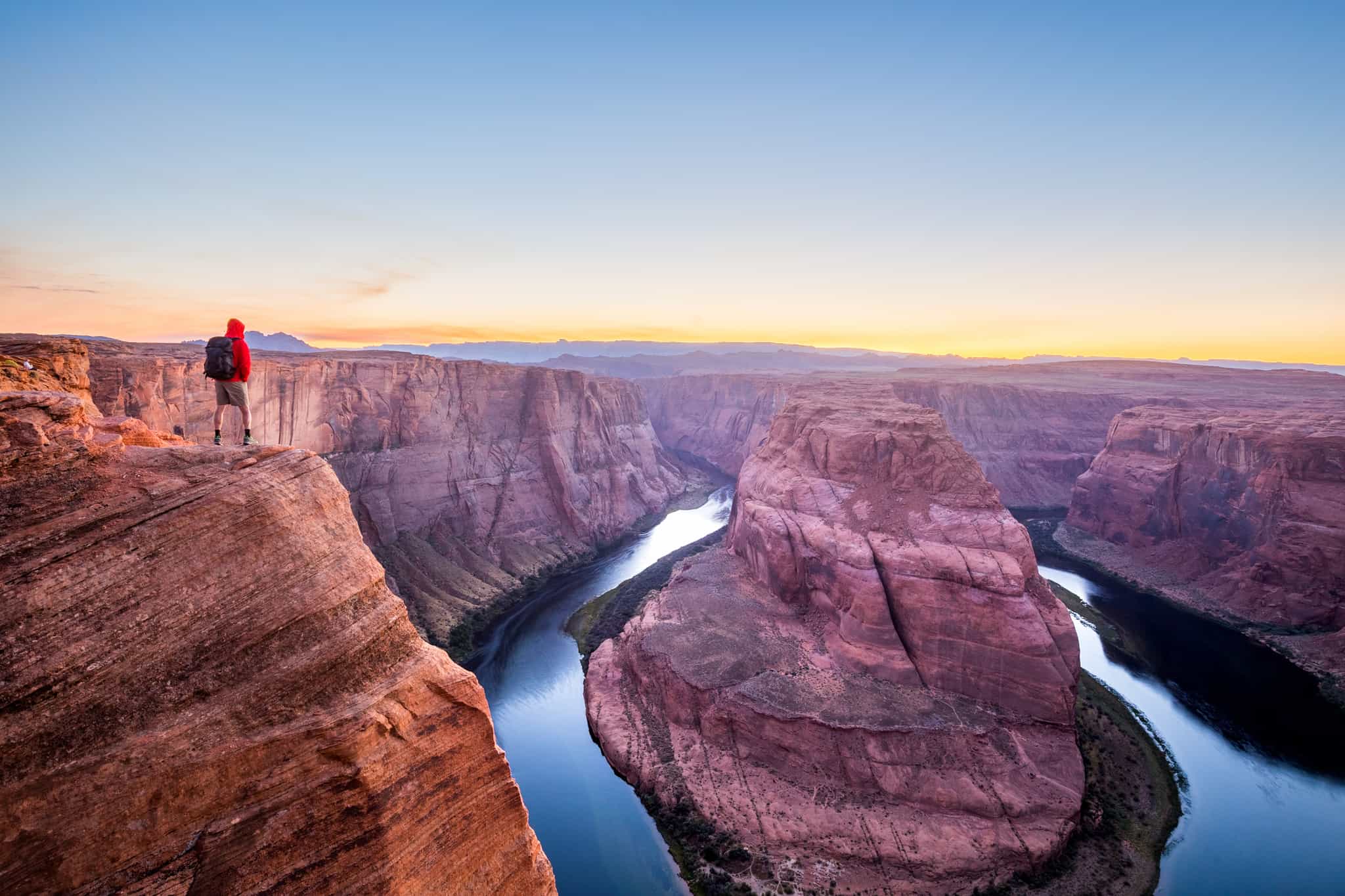
Explore our range of over 200 worldwide adventures
We've got your back
Guaranteed to run
All Much Better Adventures trips are now guaranteed to run. Once you’ve booked your spot you can immediately make your travel arrangements, no uncertainty, no hanging about (excludes 'request to book' departures). Full details
Flexible payments
Secure your spot with the minimum deposit and pay off the remaining balance in as many instalments as you like, with no interest or fees. Full details
Happiness Guarantee
We’re so confident you’ll have an amazing time we’ll put our money on it. Full details
Full financial protection
To give you complete peace of mind Much Better Adventures is backed by ABTOT, ABTA and ATOL memberships. Full details
Tried & Trusted
Much Better Adventures is rated ‘Excellent’ on Trustpilot with over 1000 verified trip reviews averaging 4.8/5.
Connect before you go
You'll be invited to join a WhatsApp group to get to know each other before your big adventure together. Full details
DEPARTURE DATES
Monday 12th May 2025
to Sunday 25th May 2025
Last Minute Offer - Next 2 spots available at 10% off


